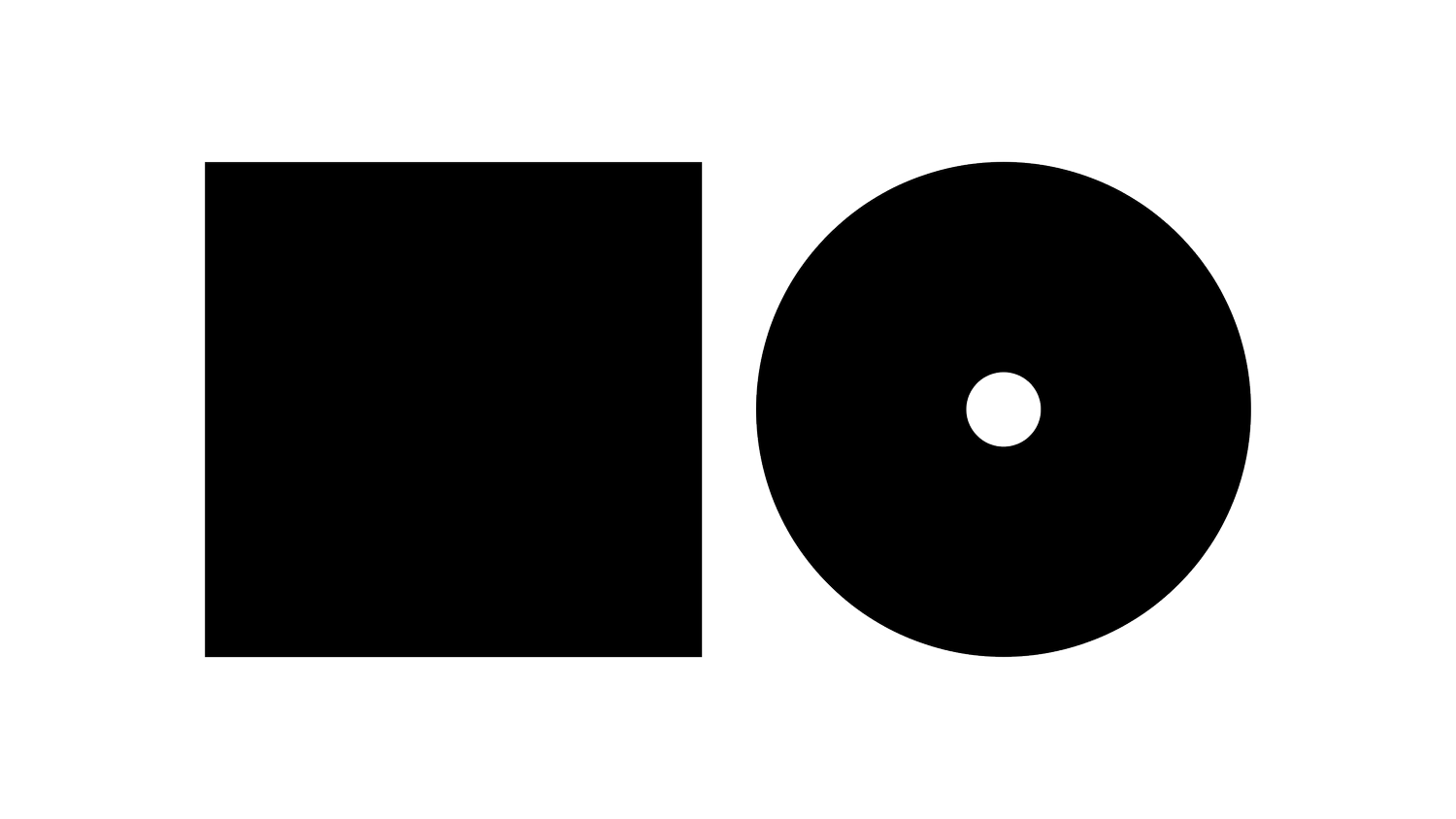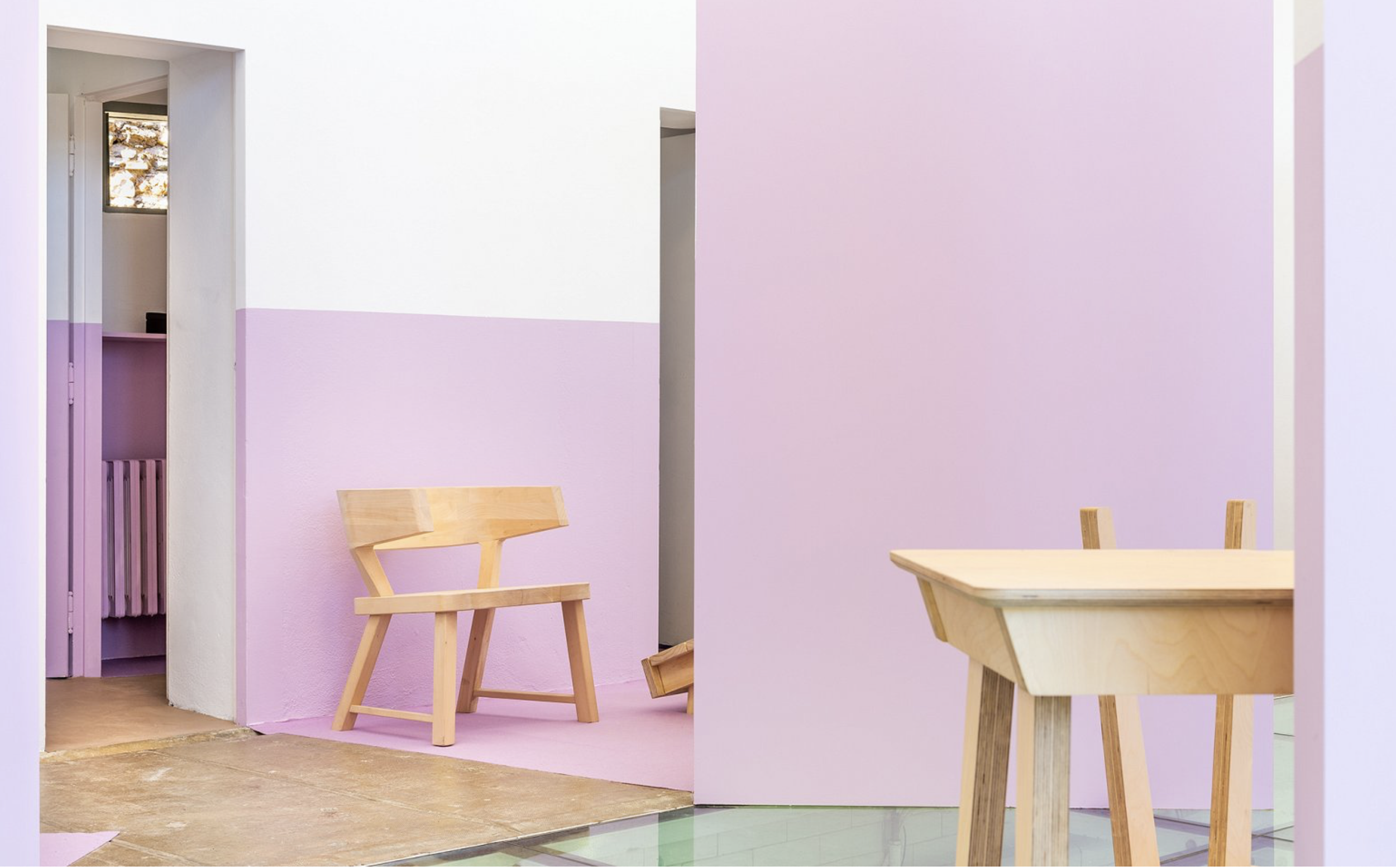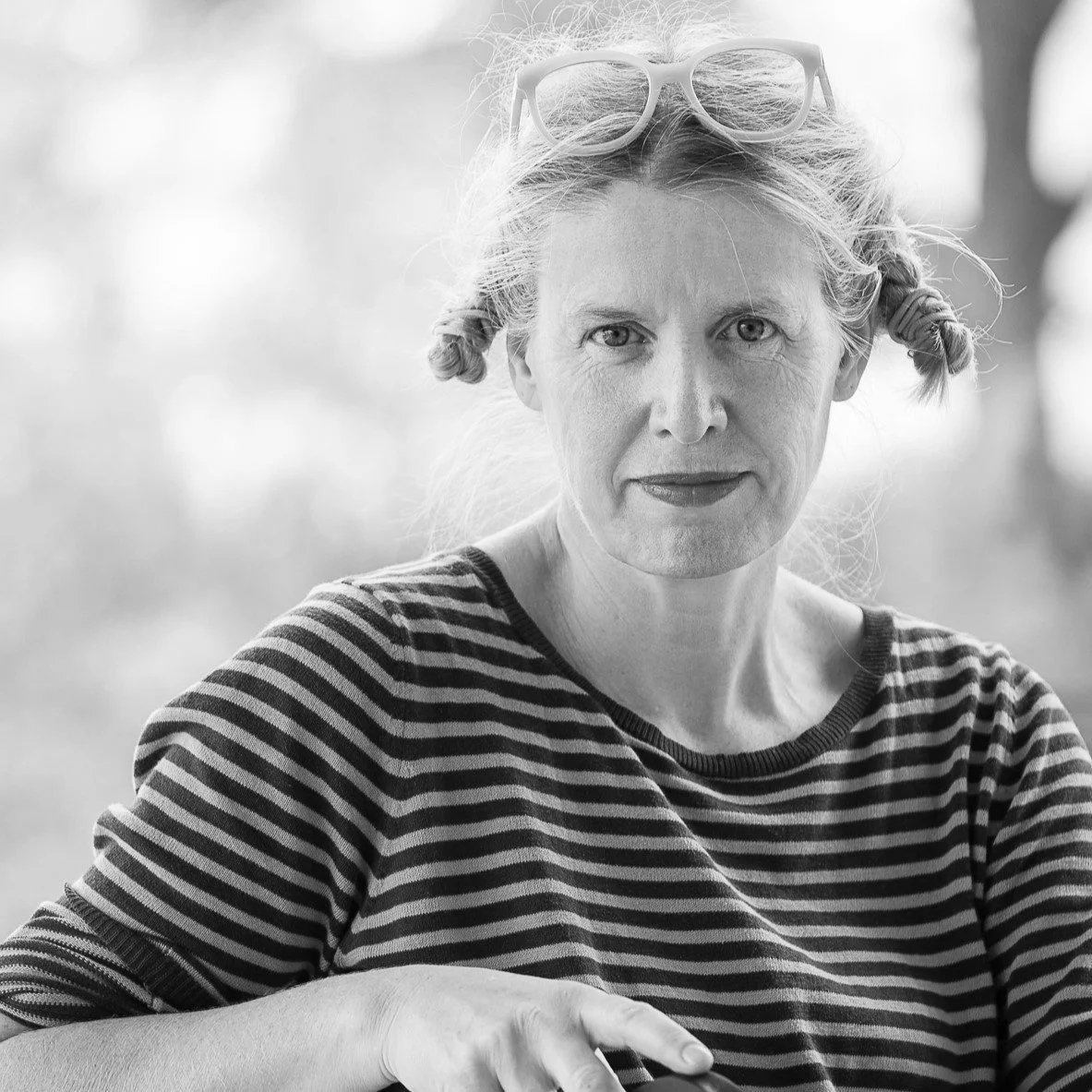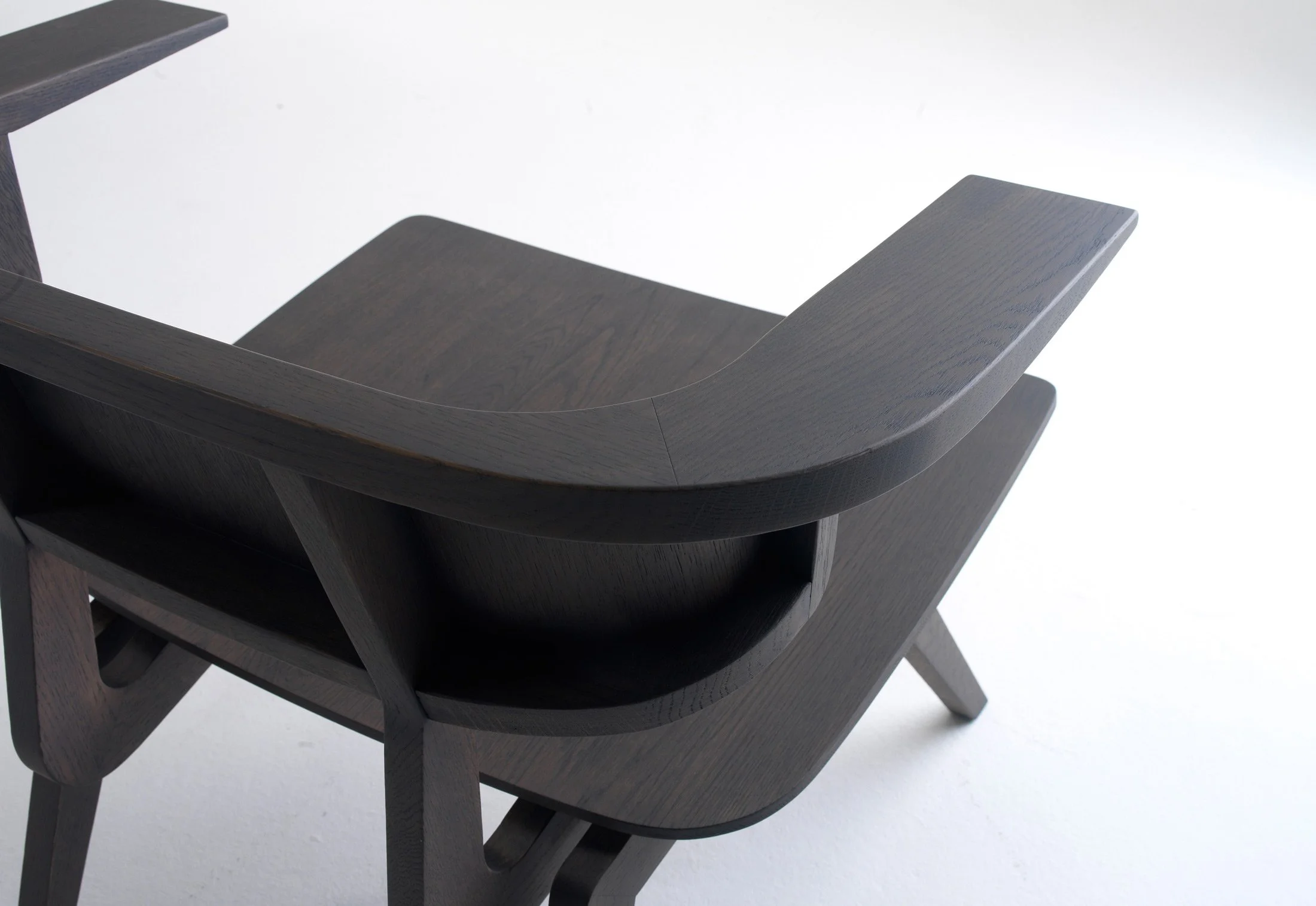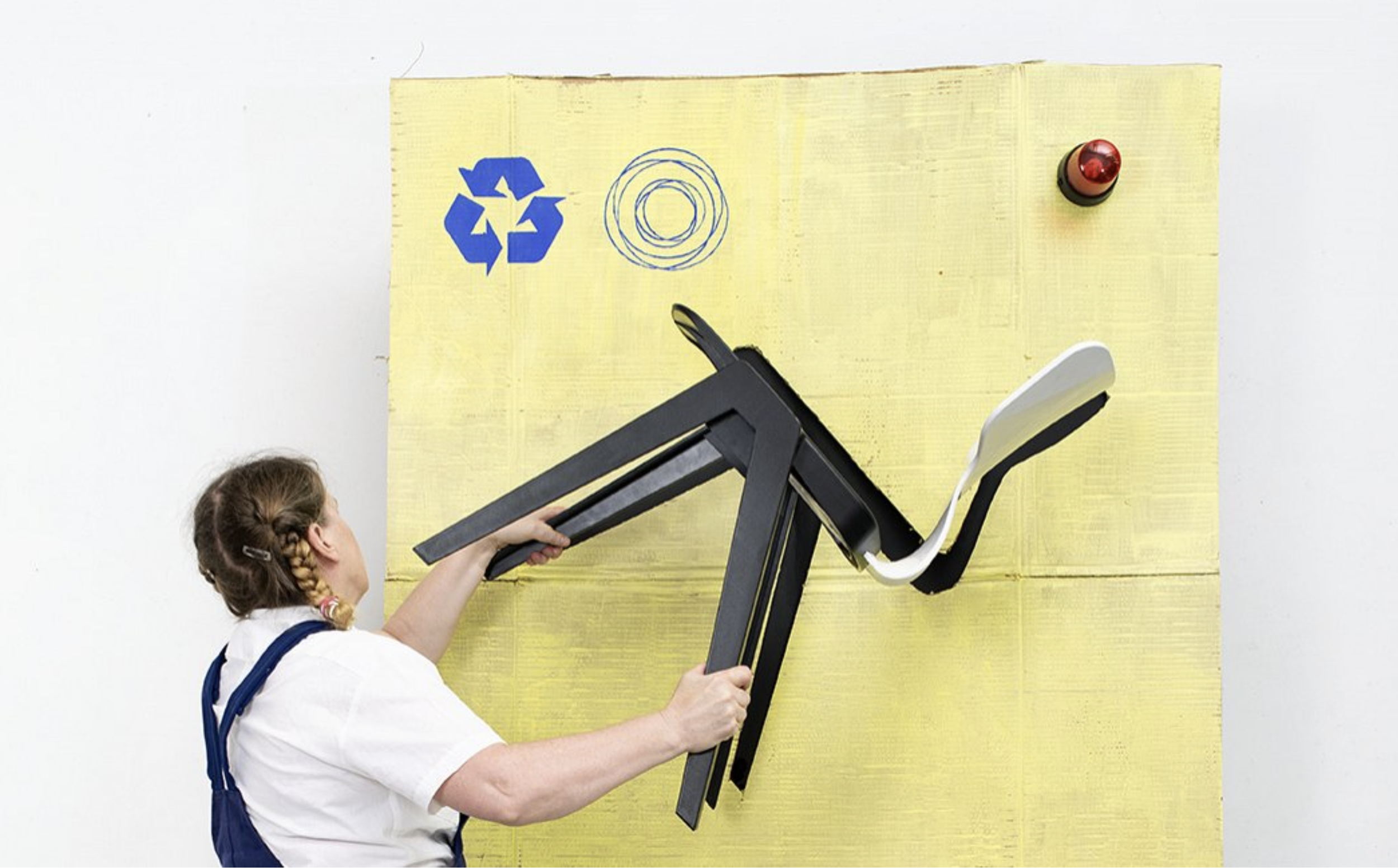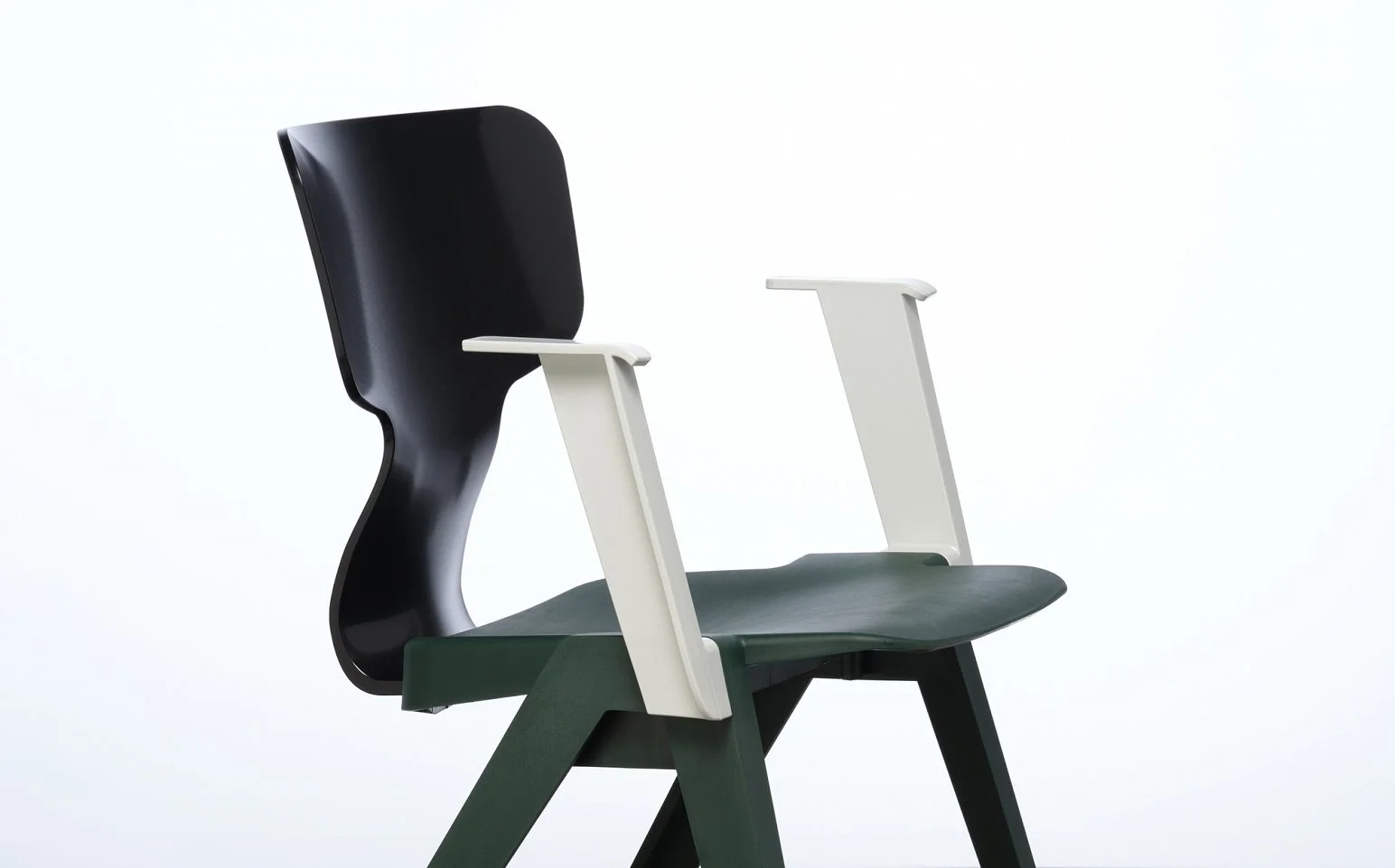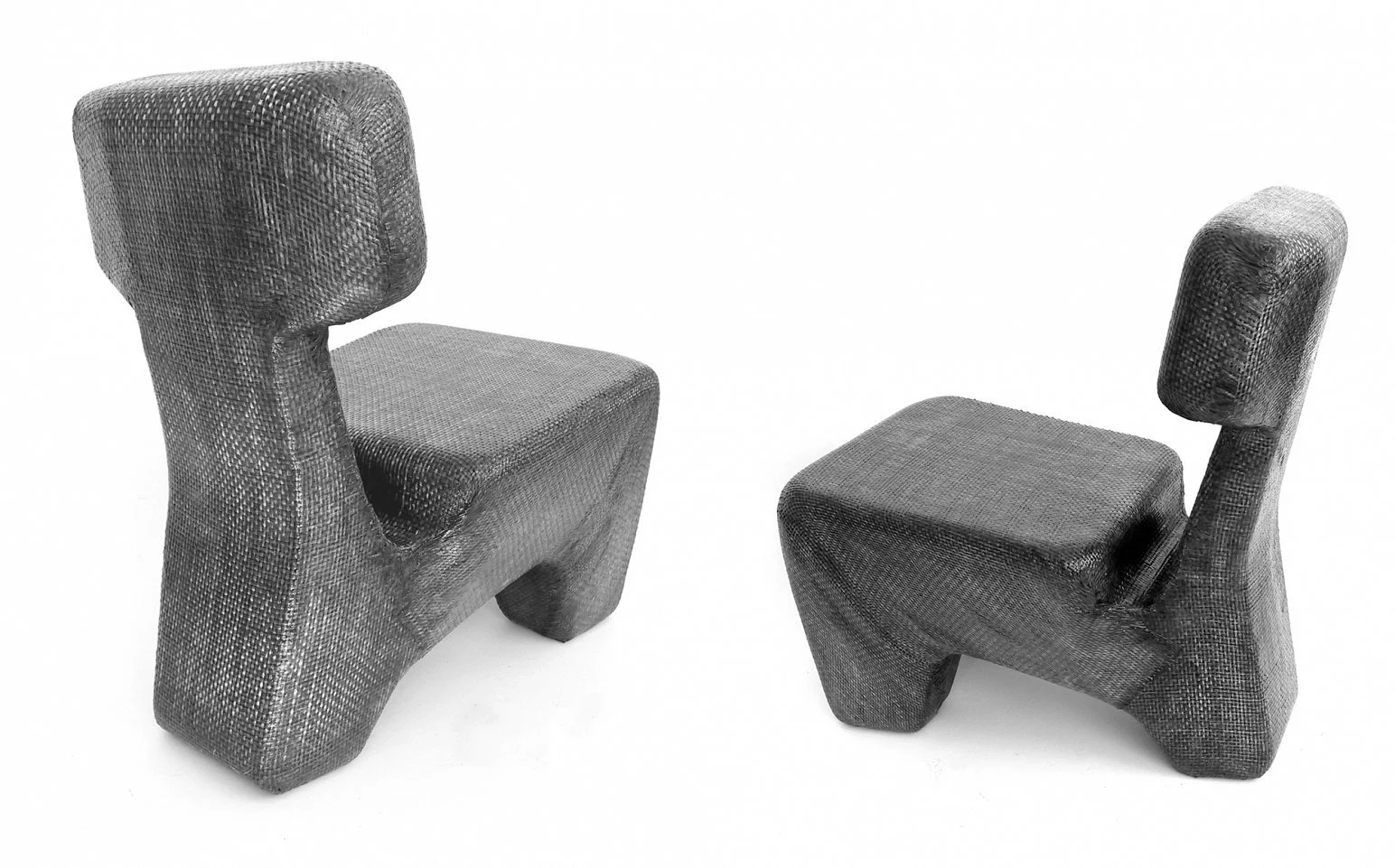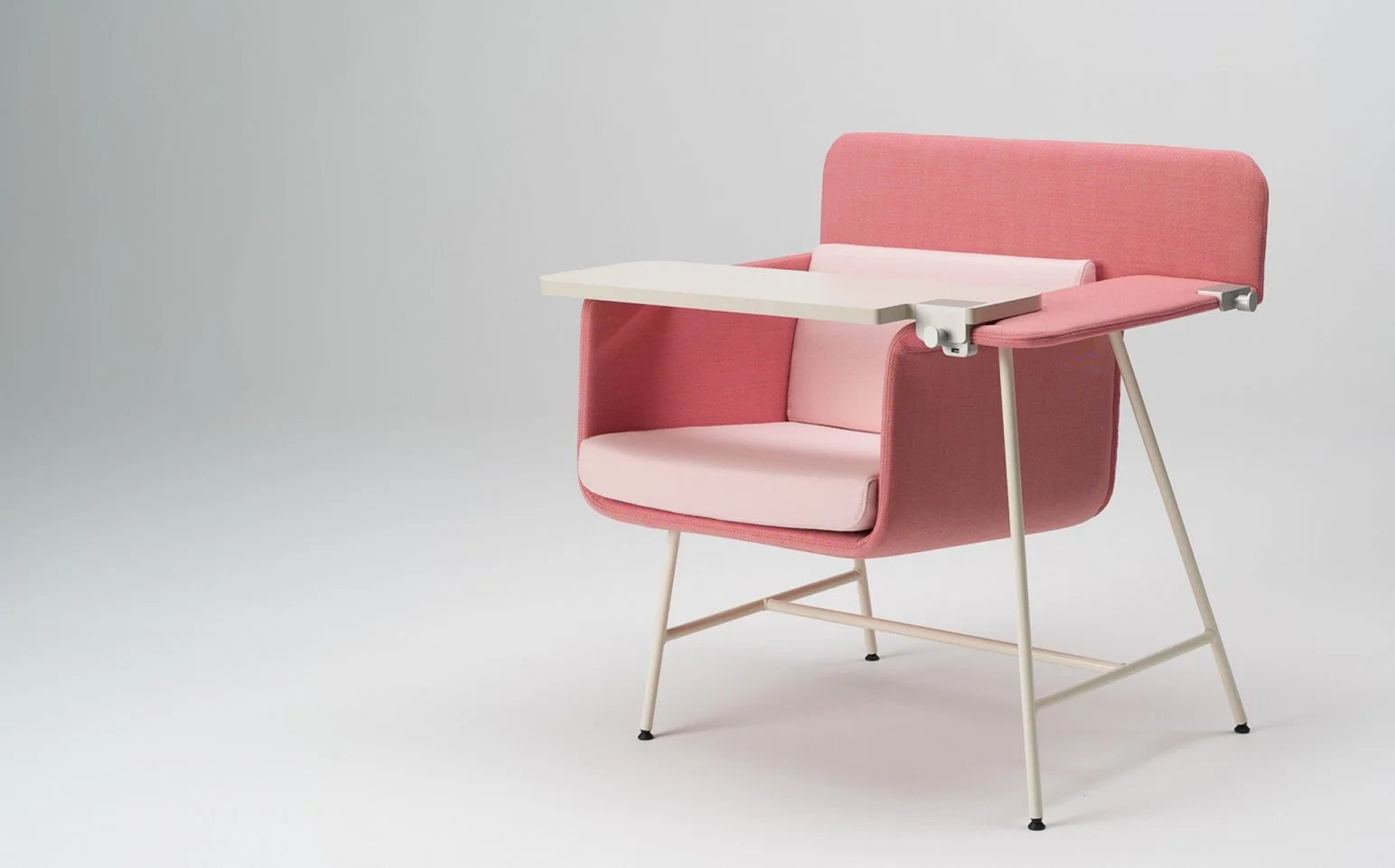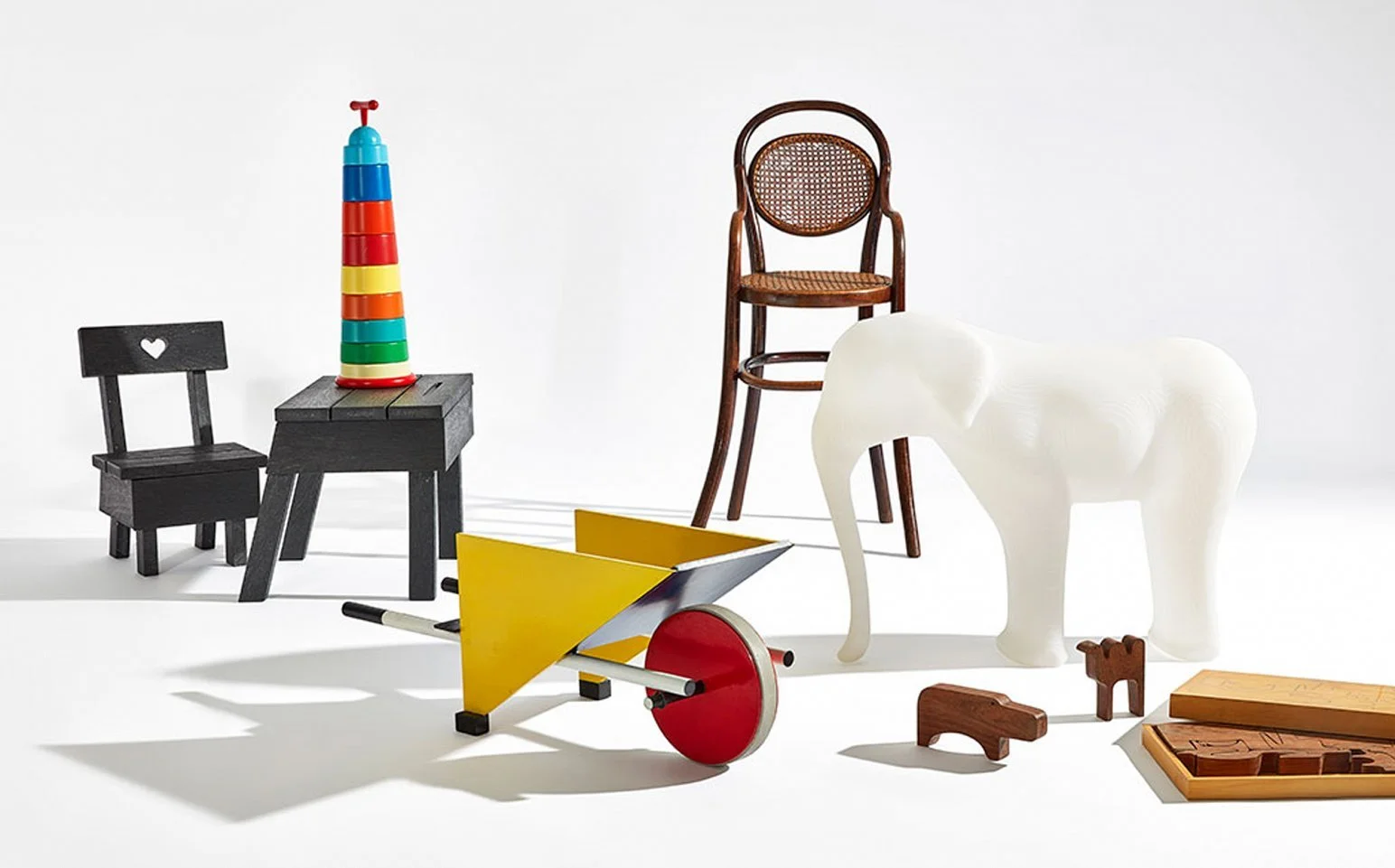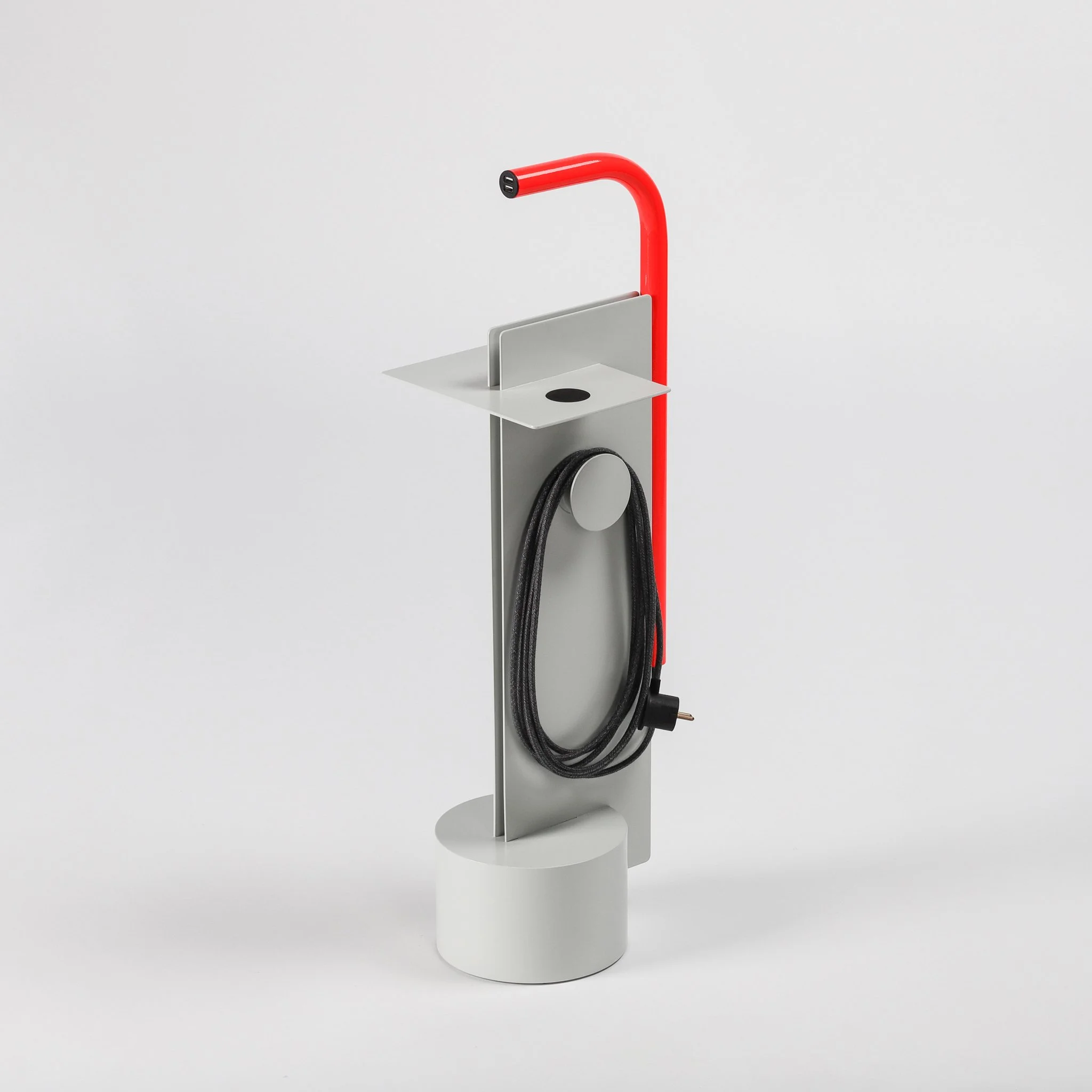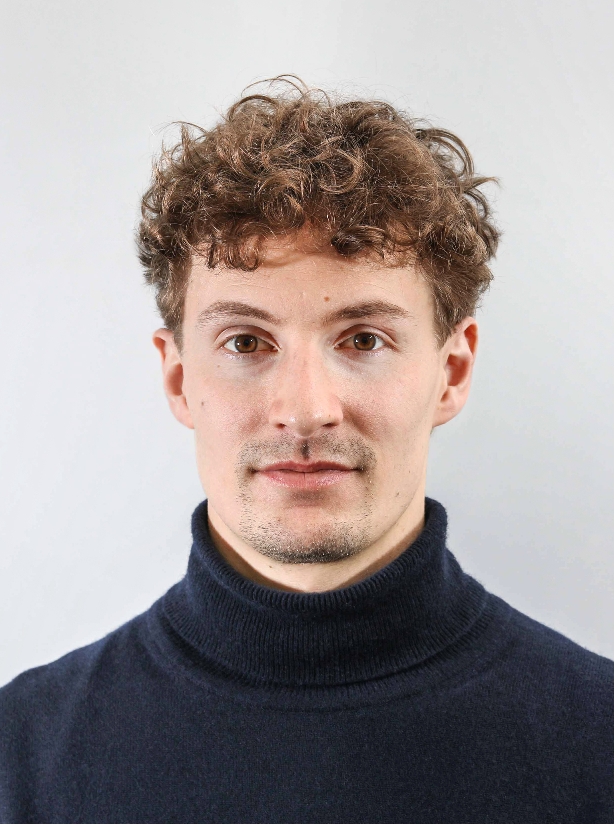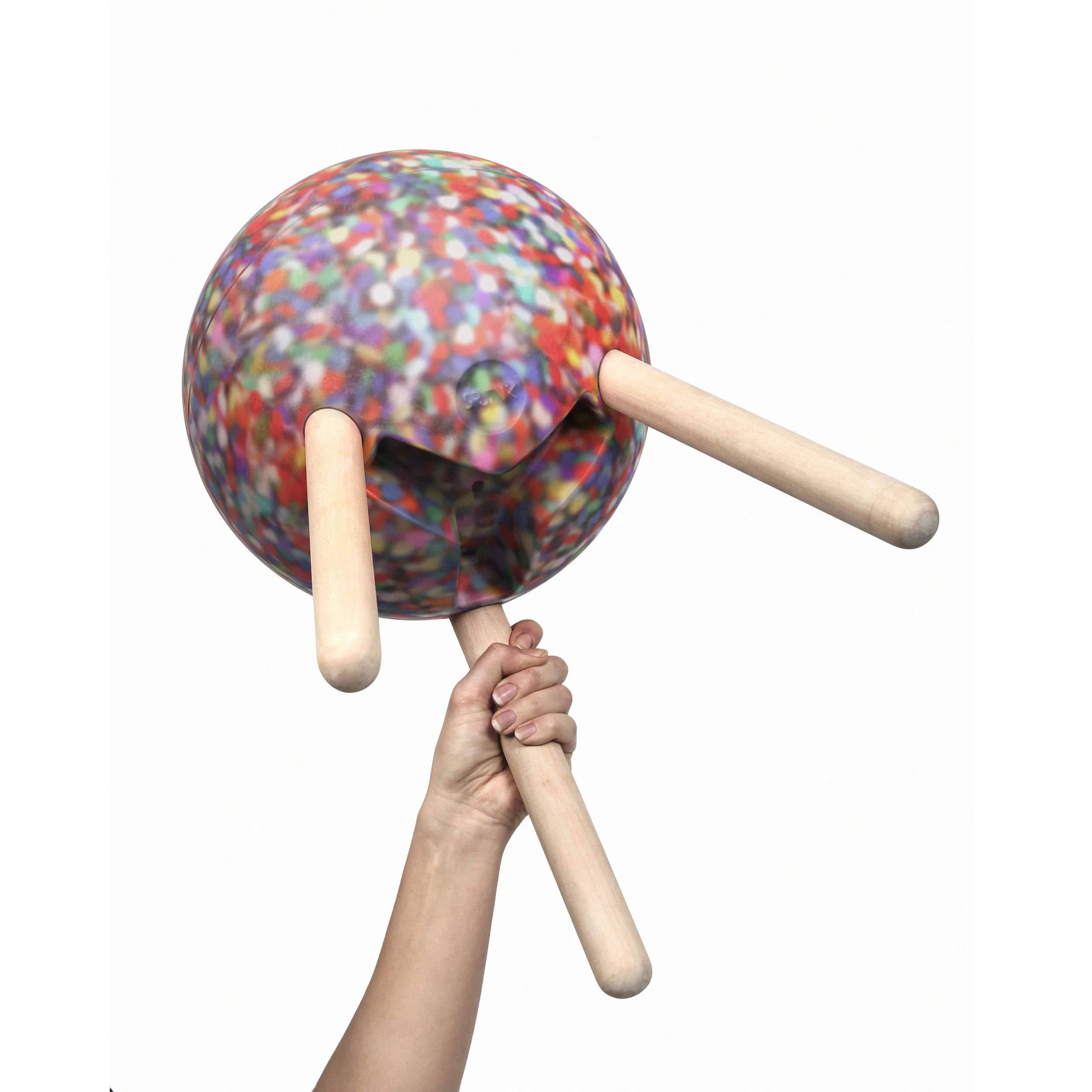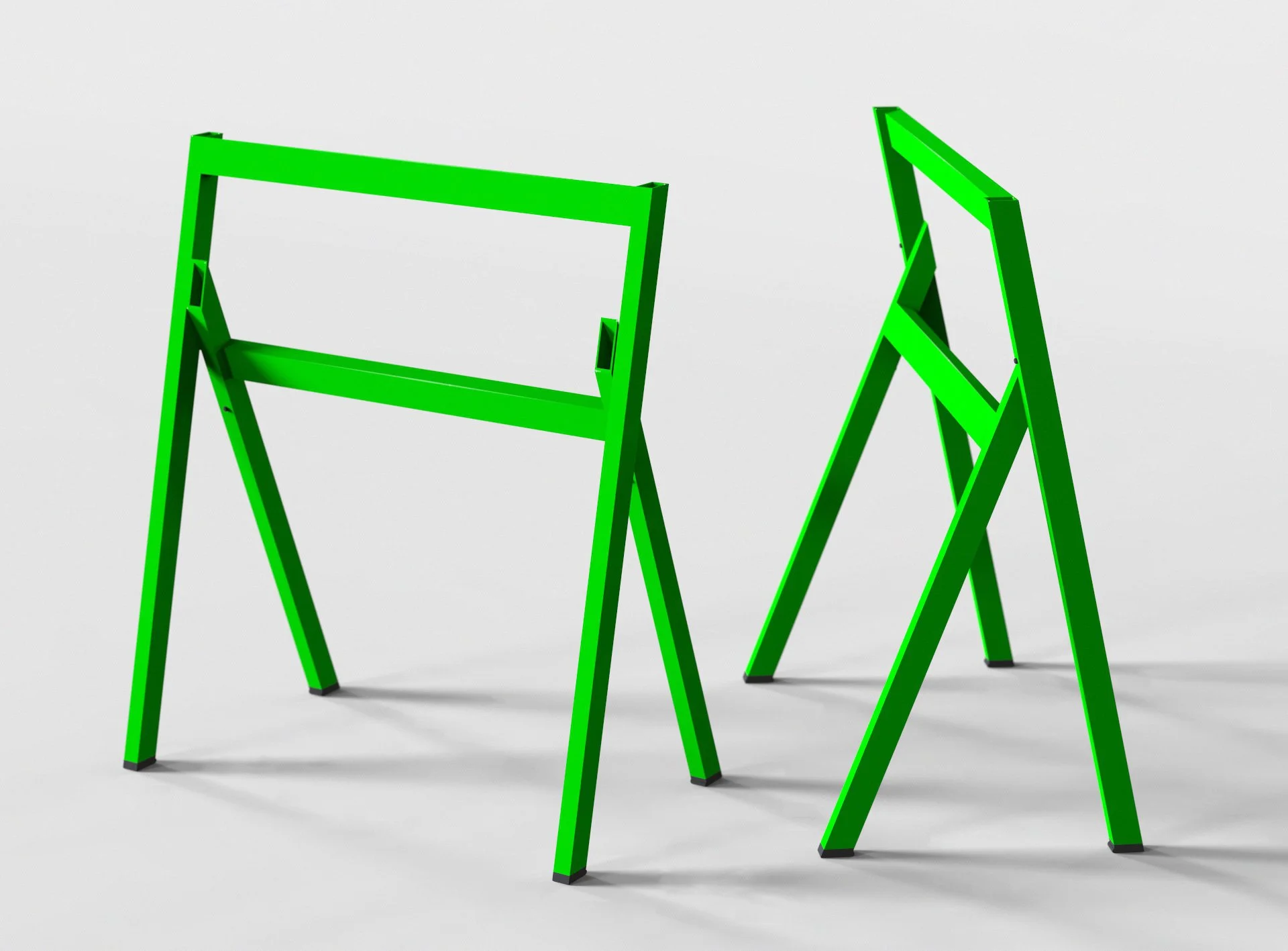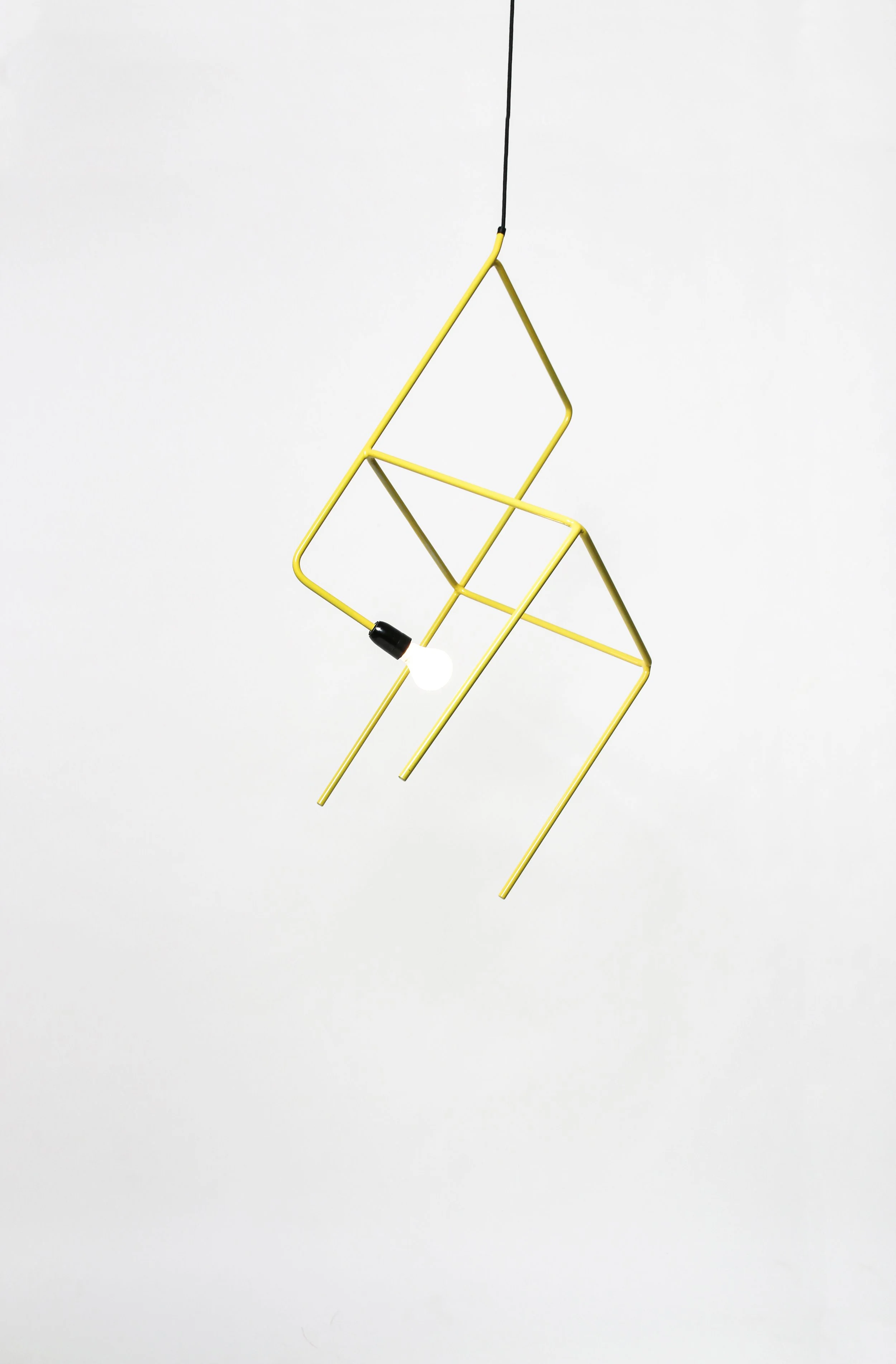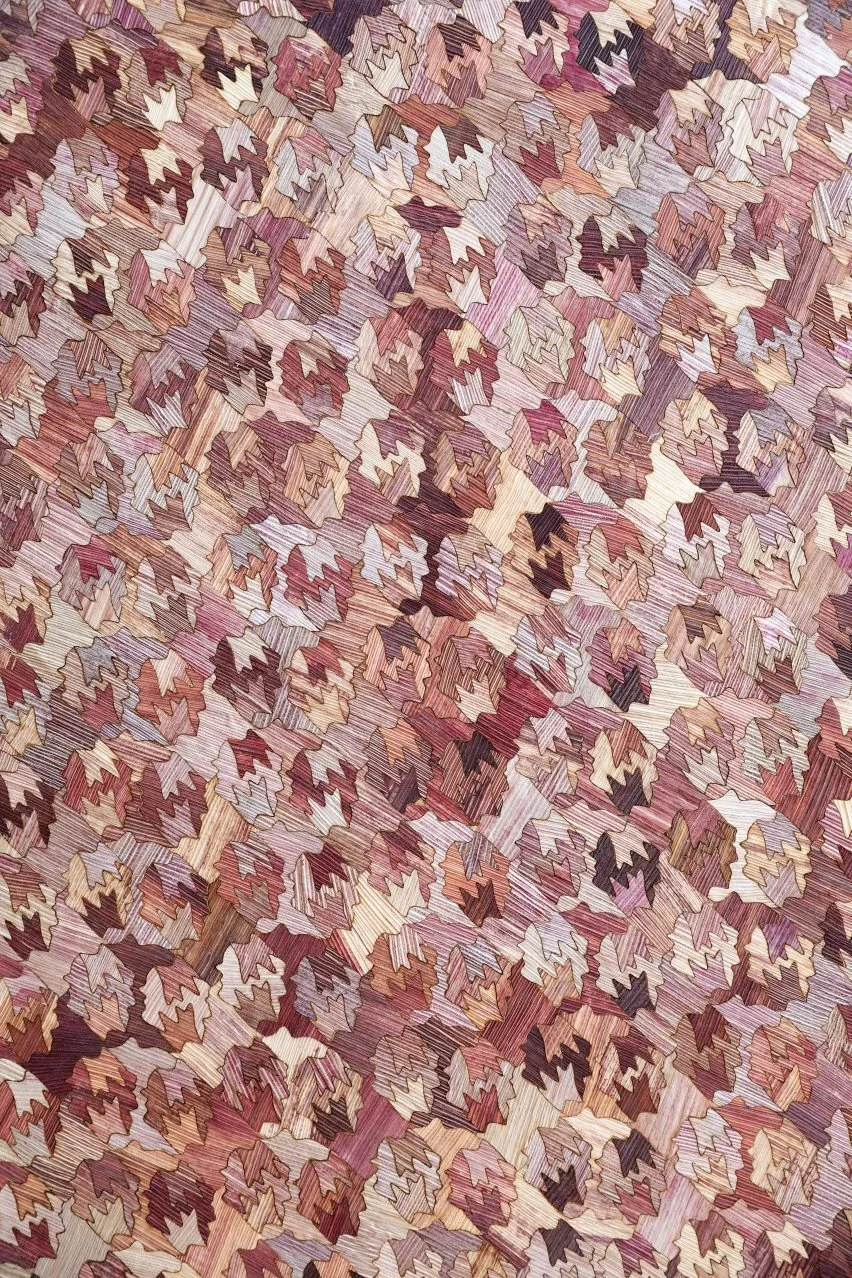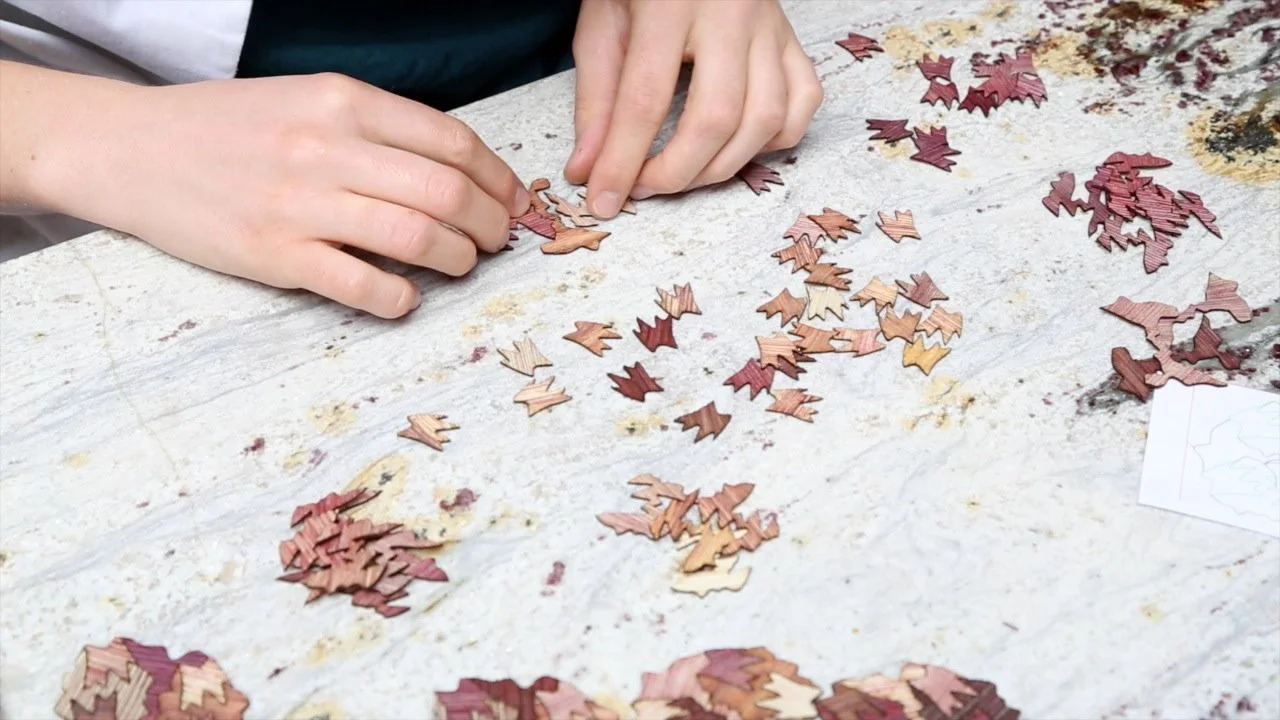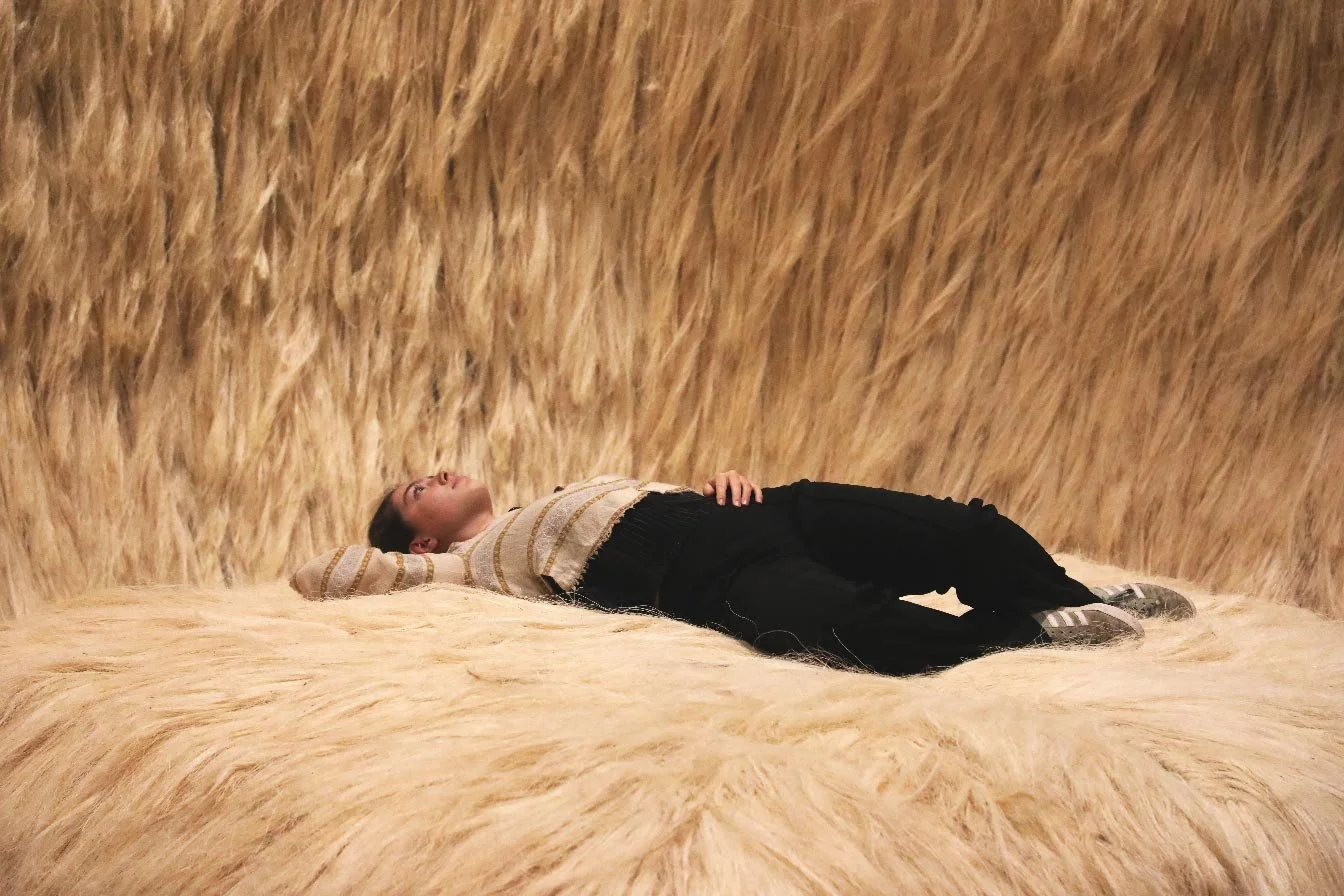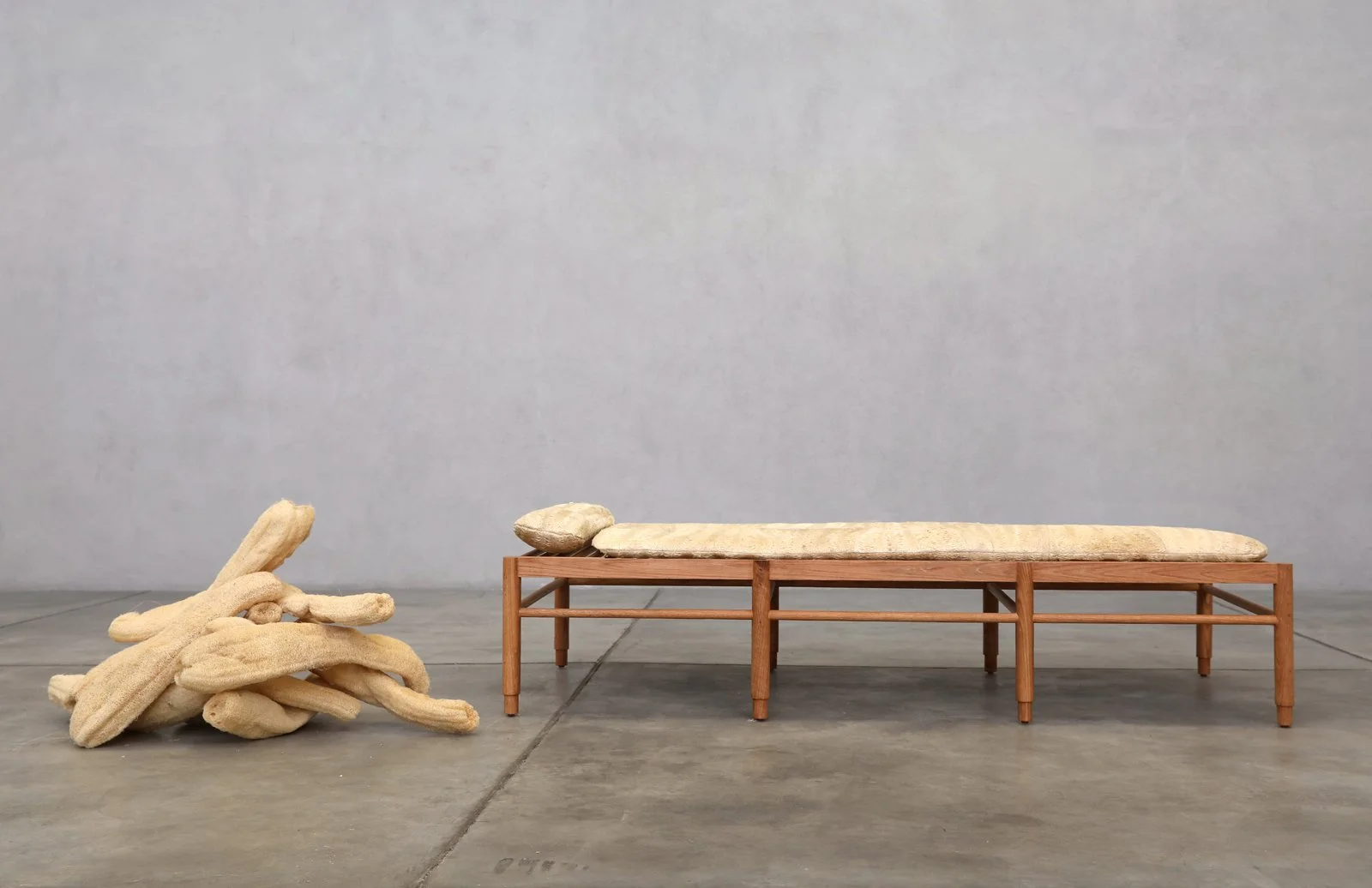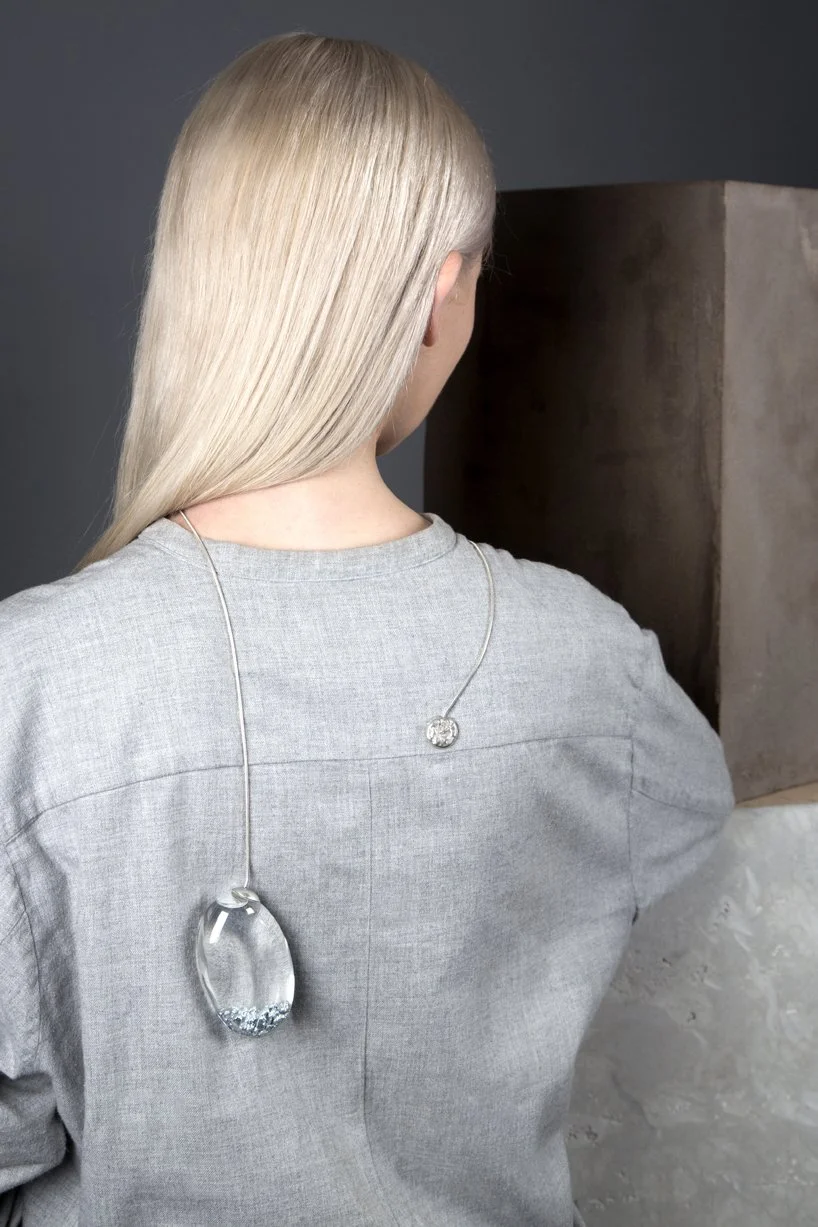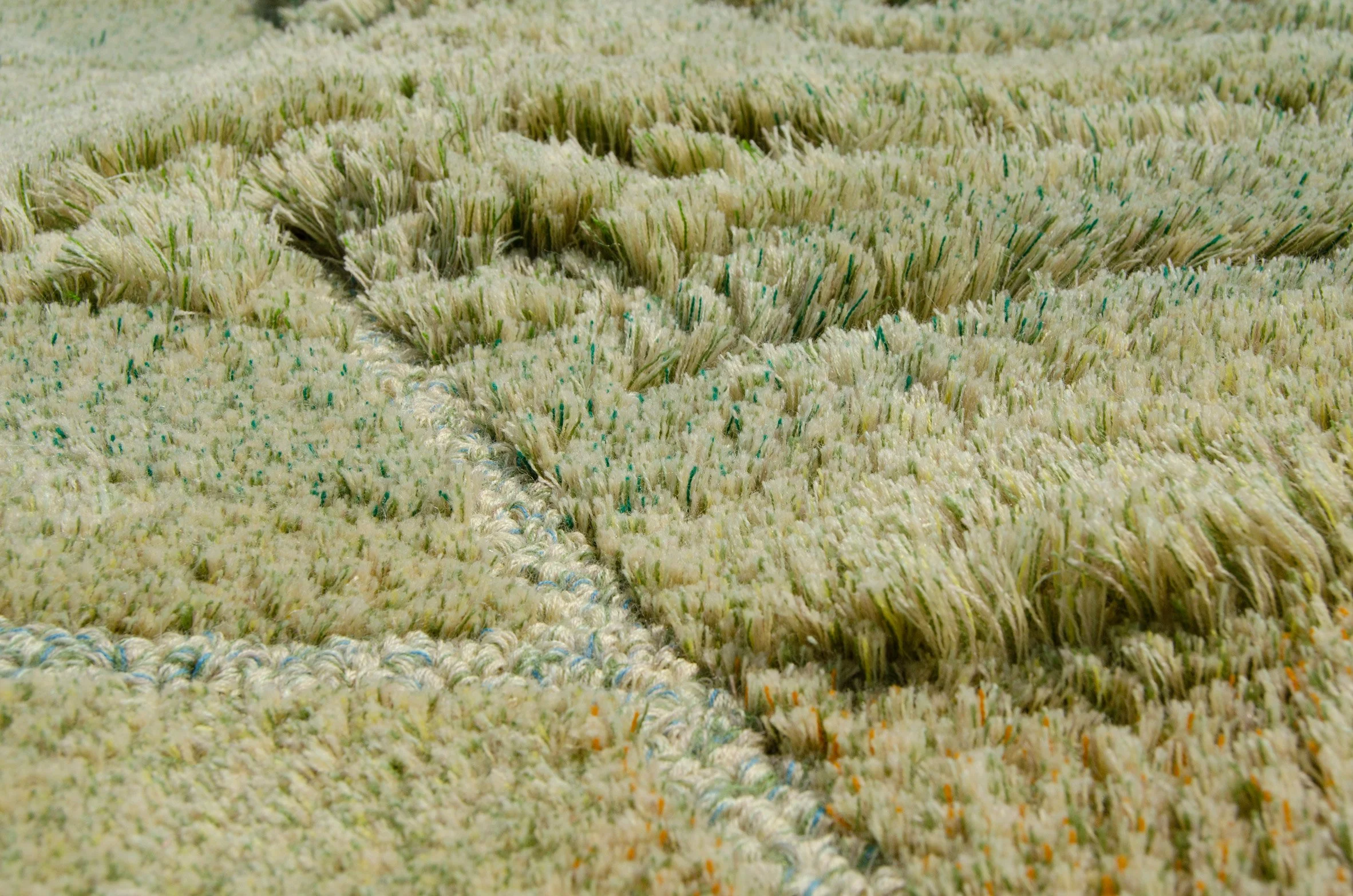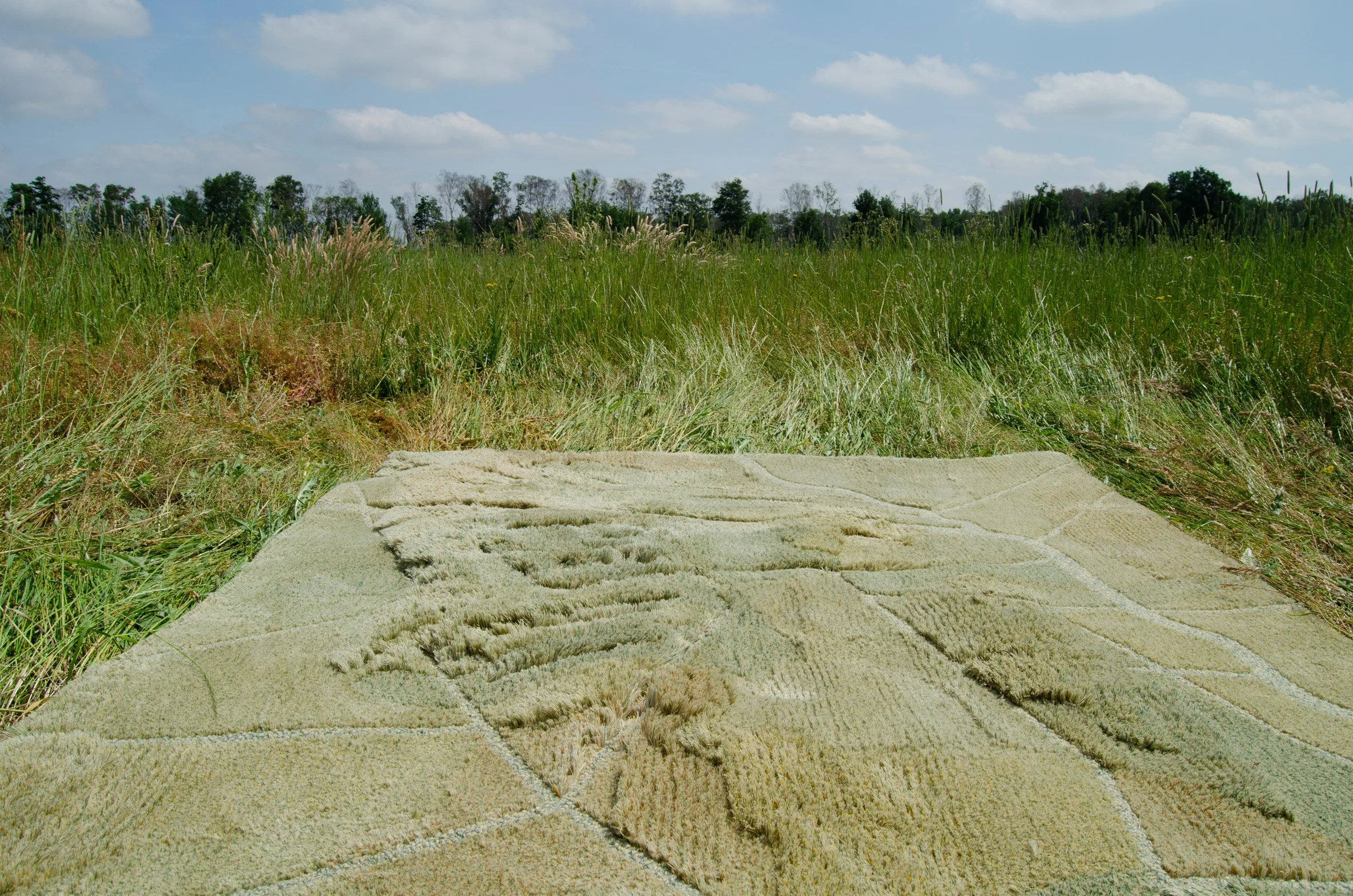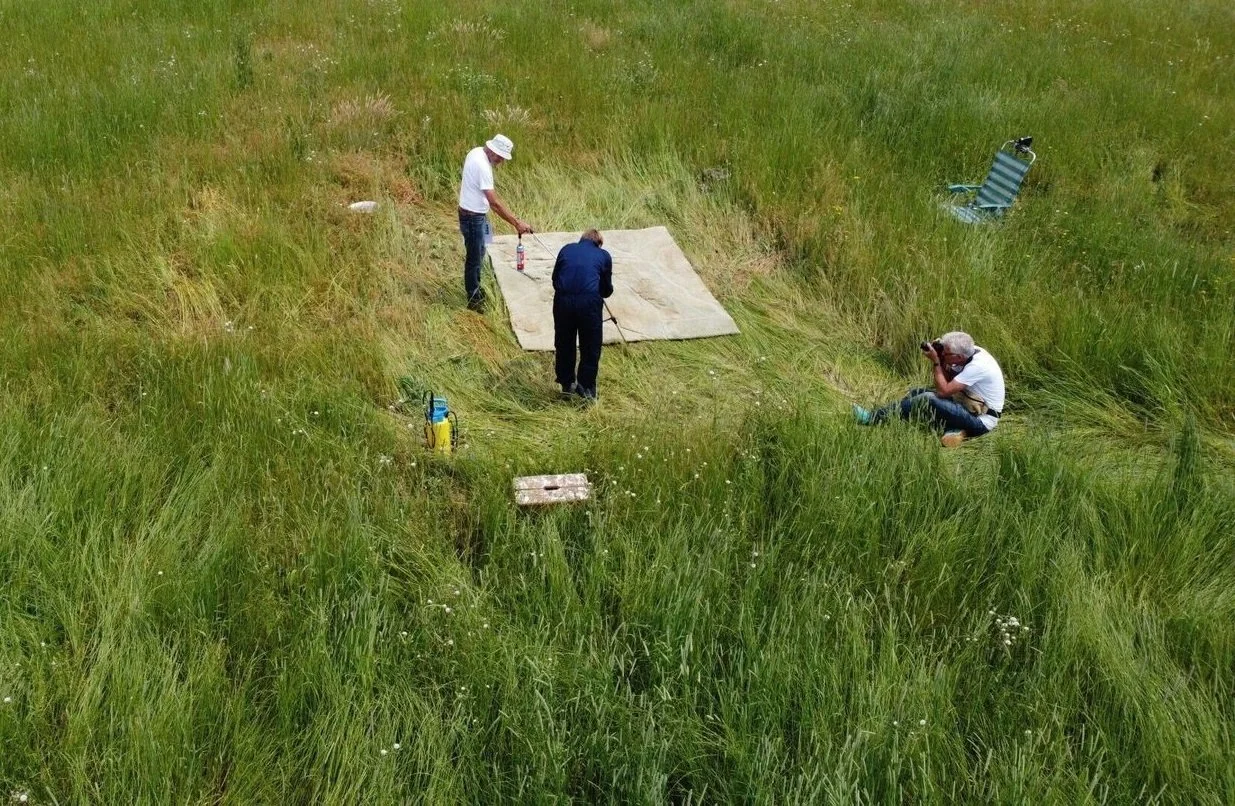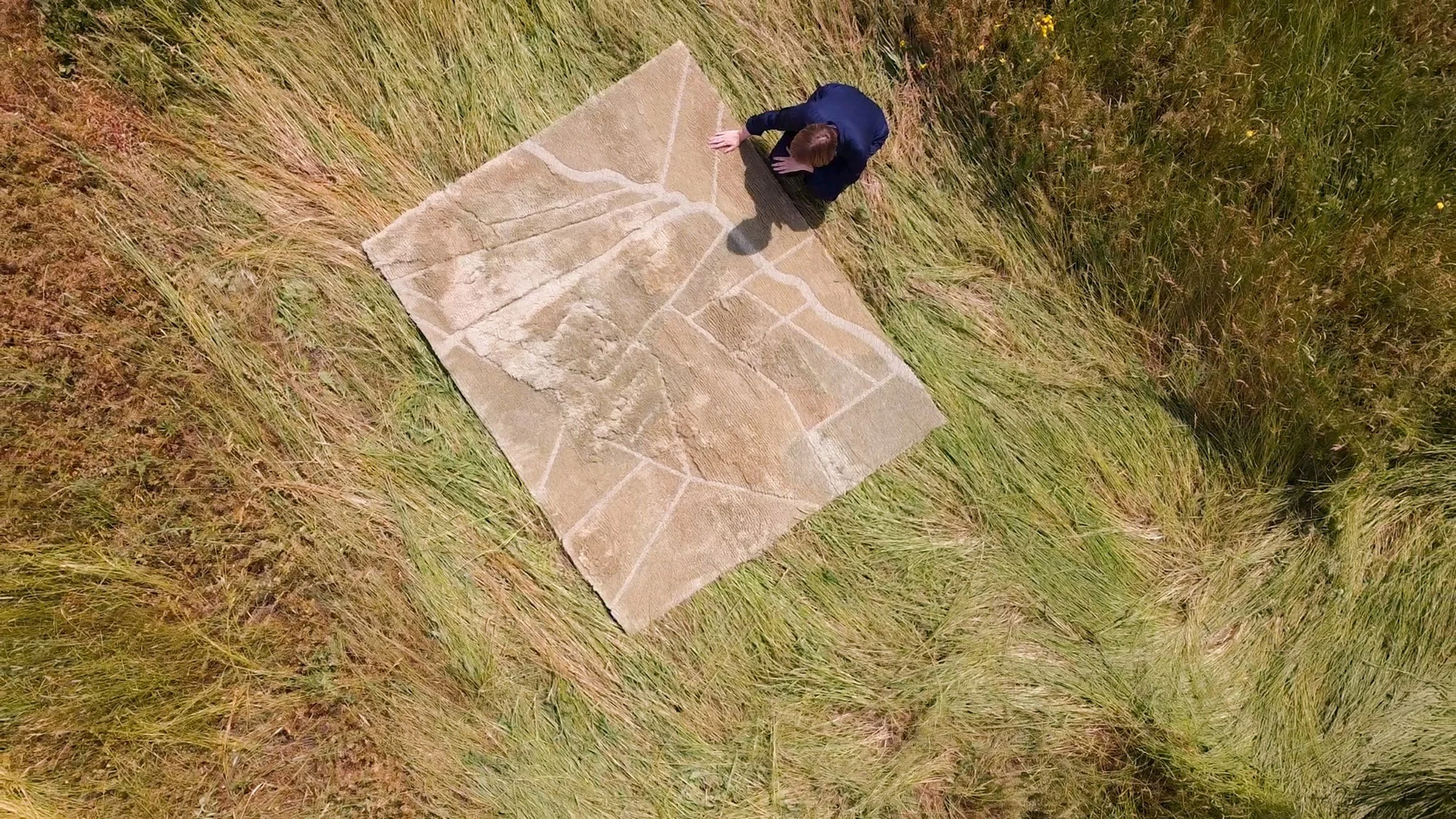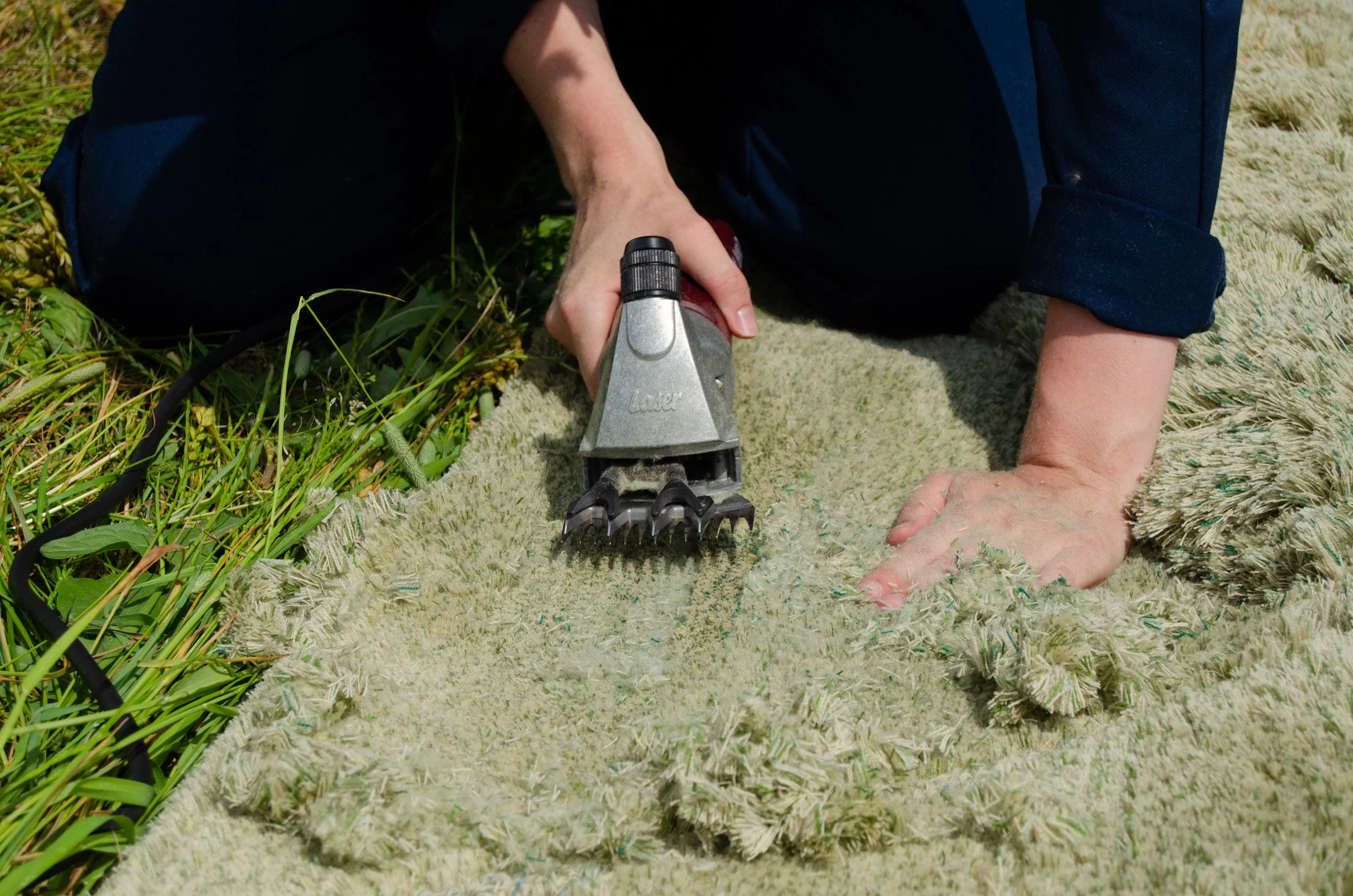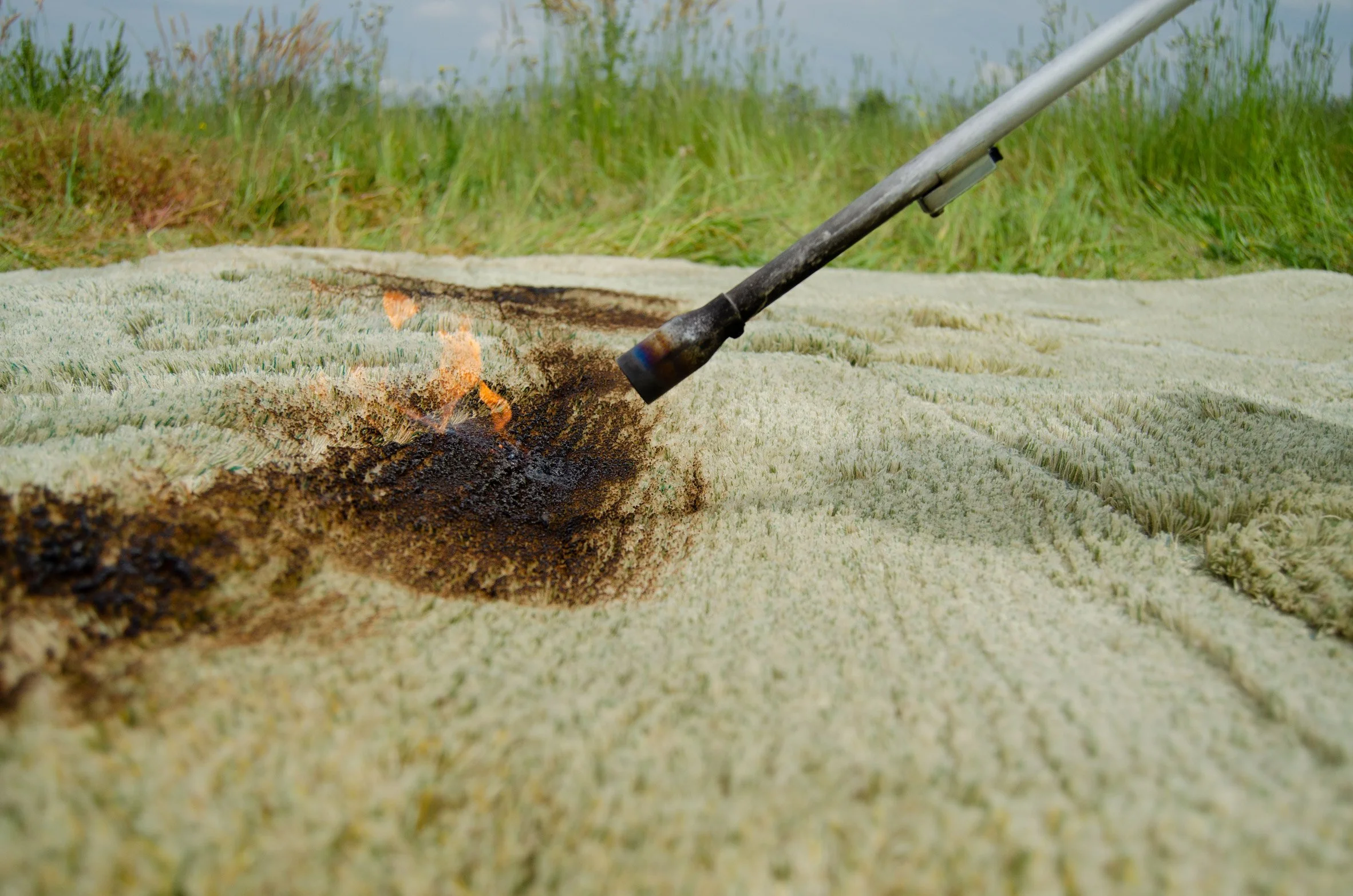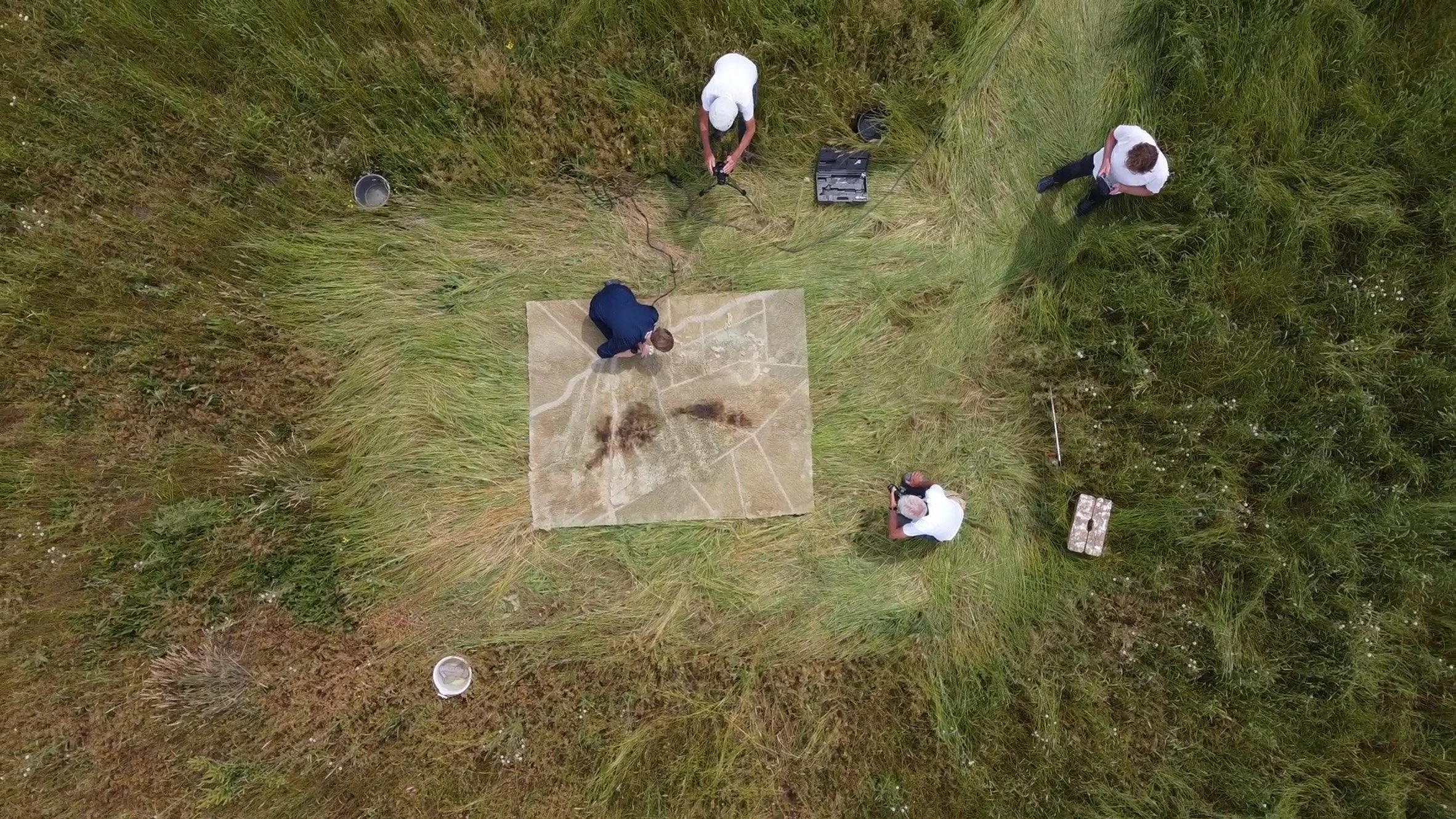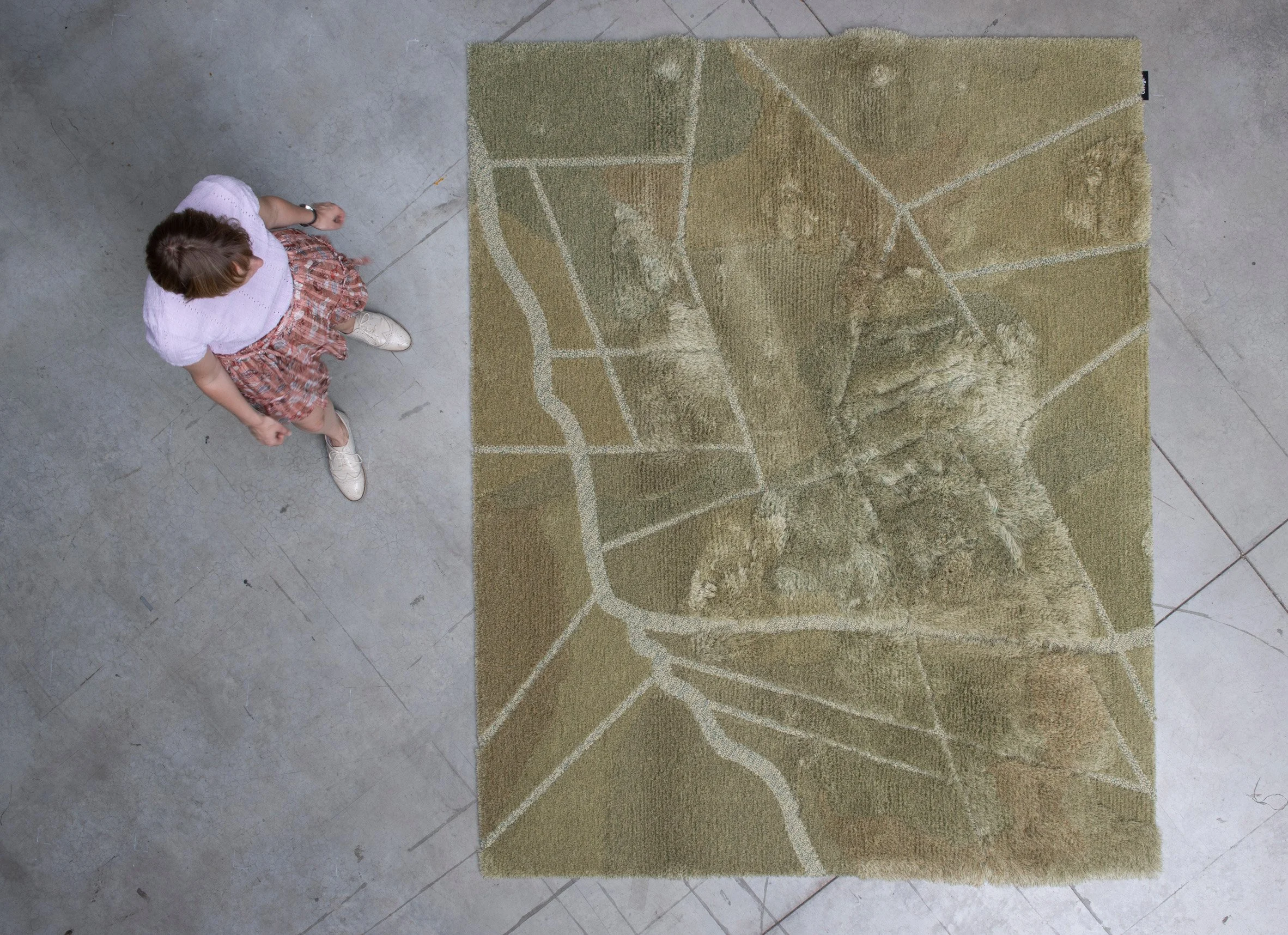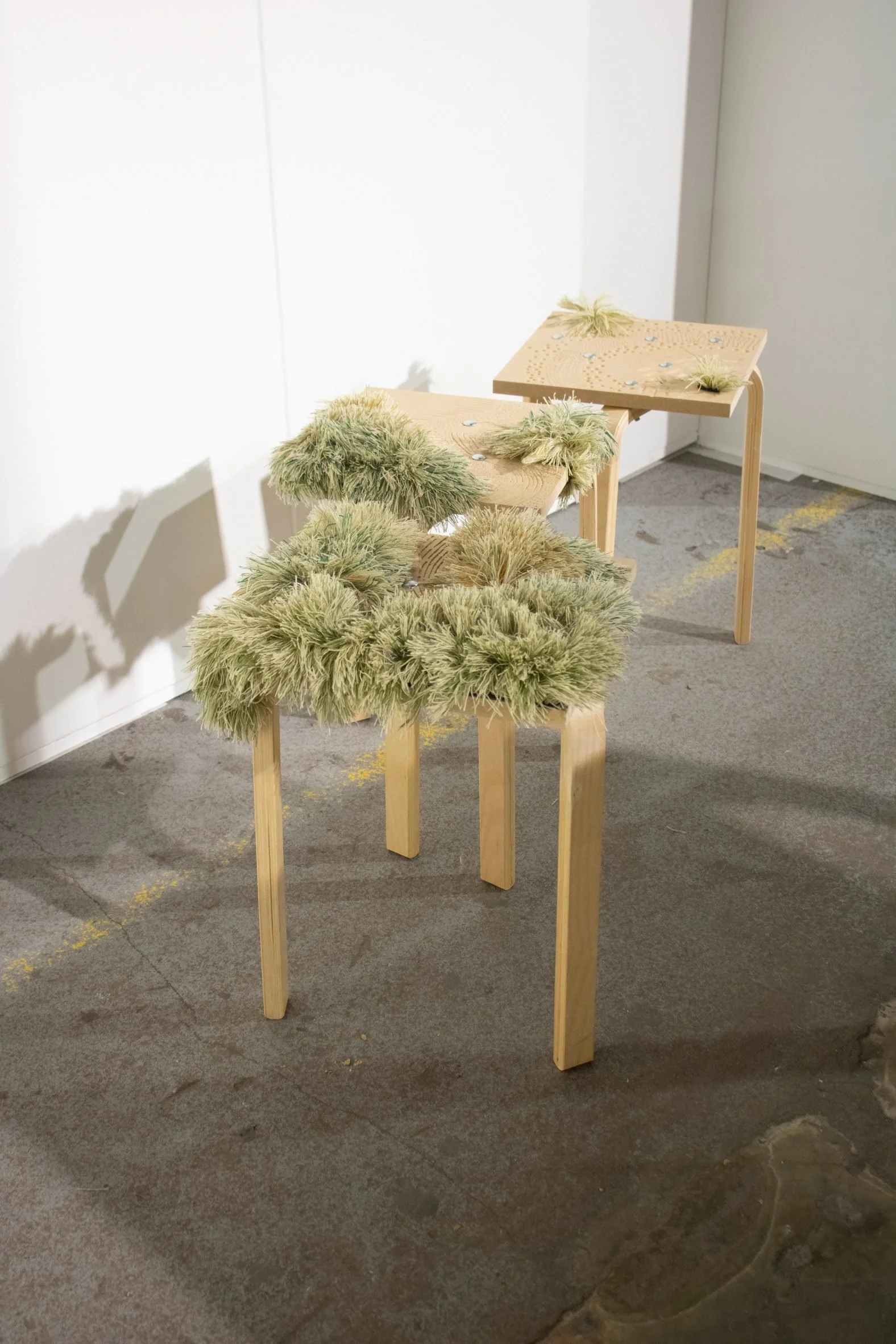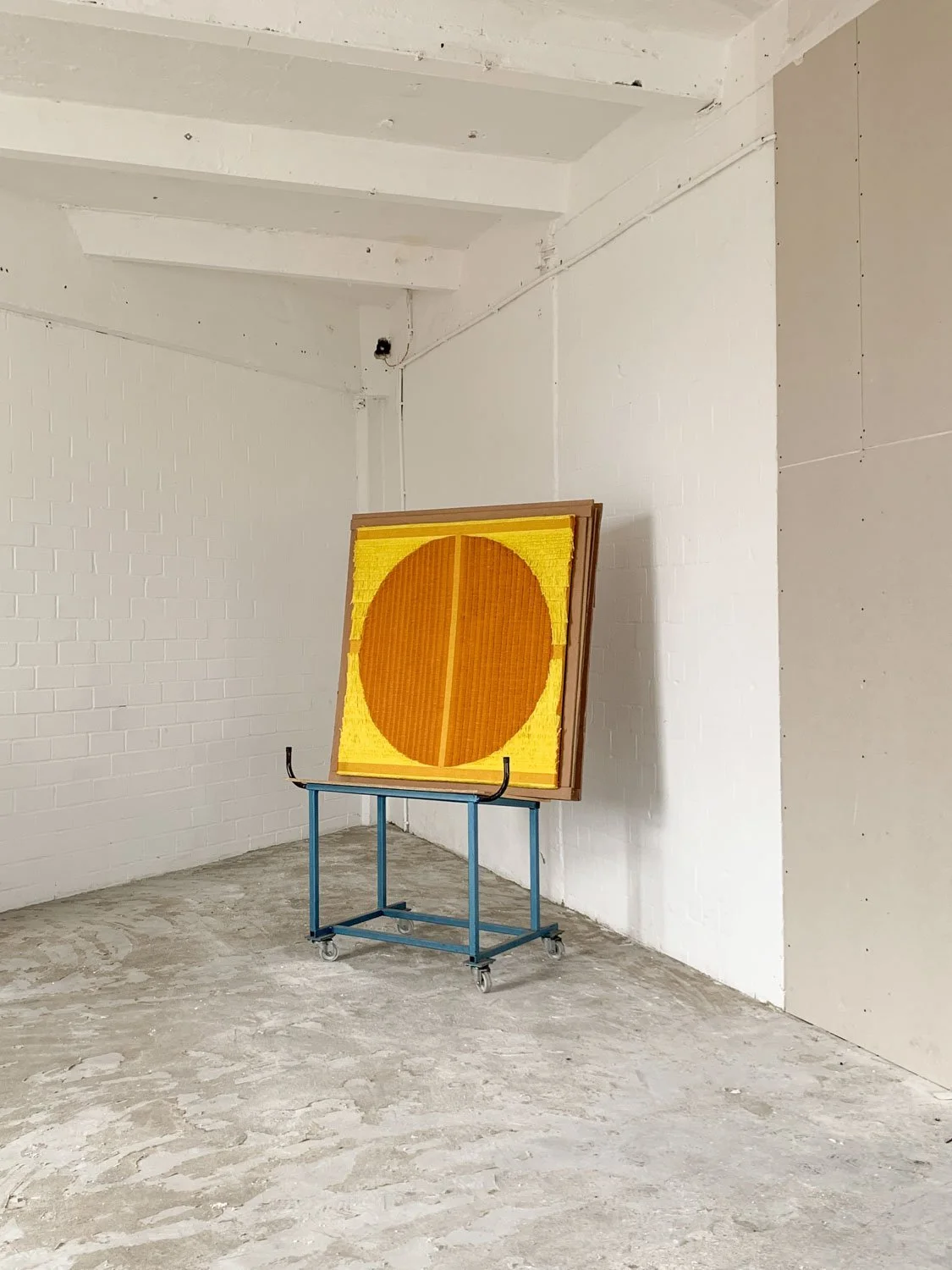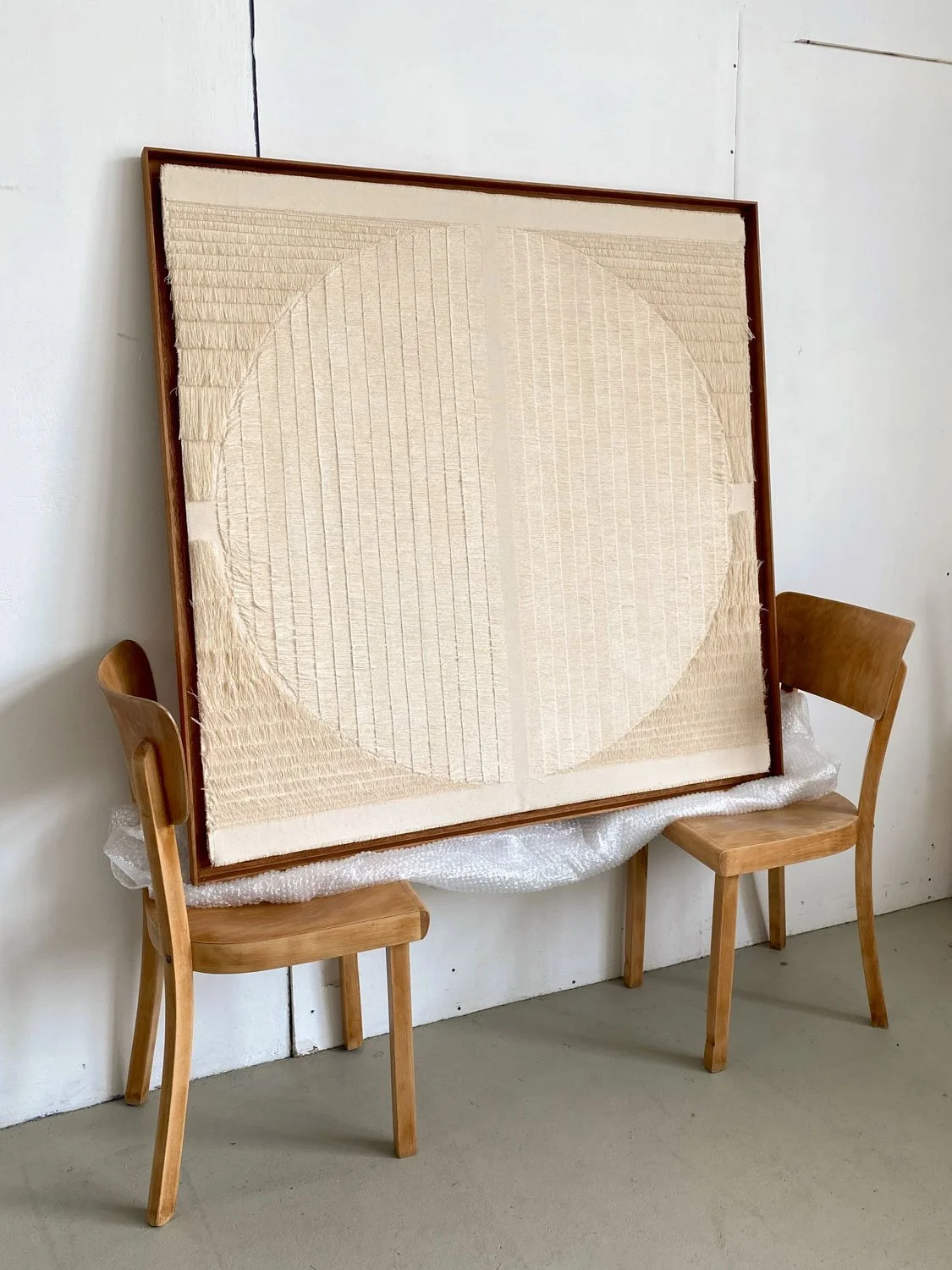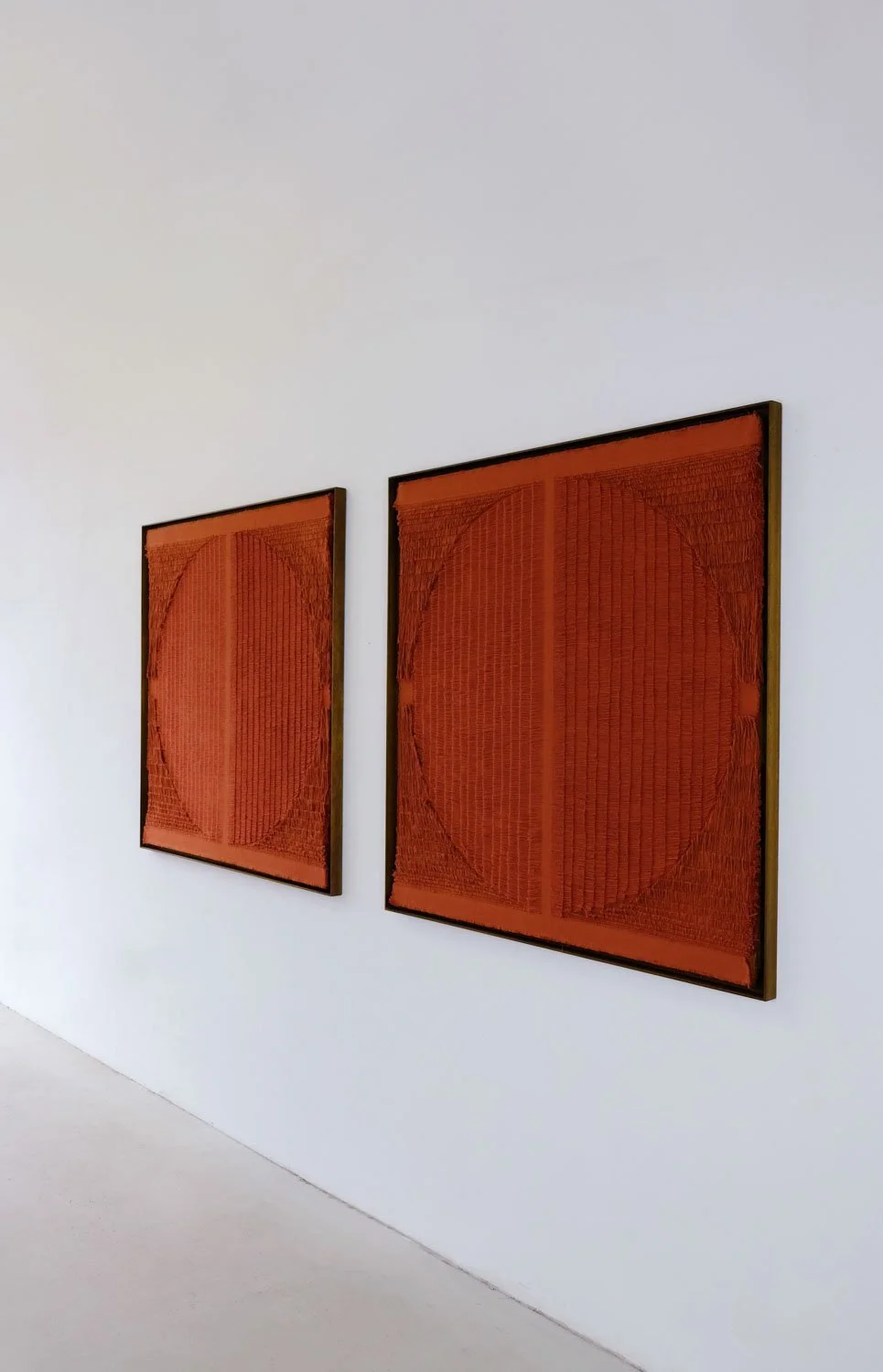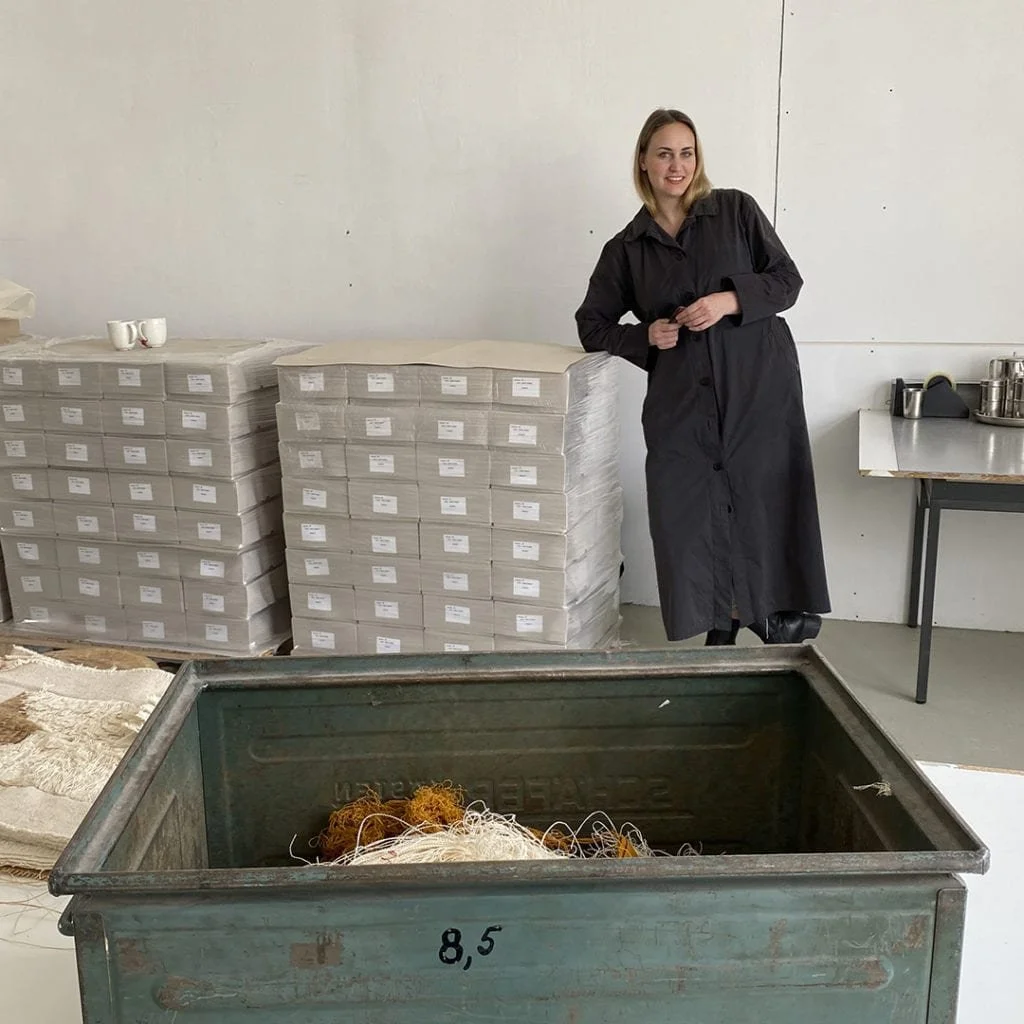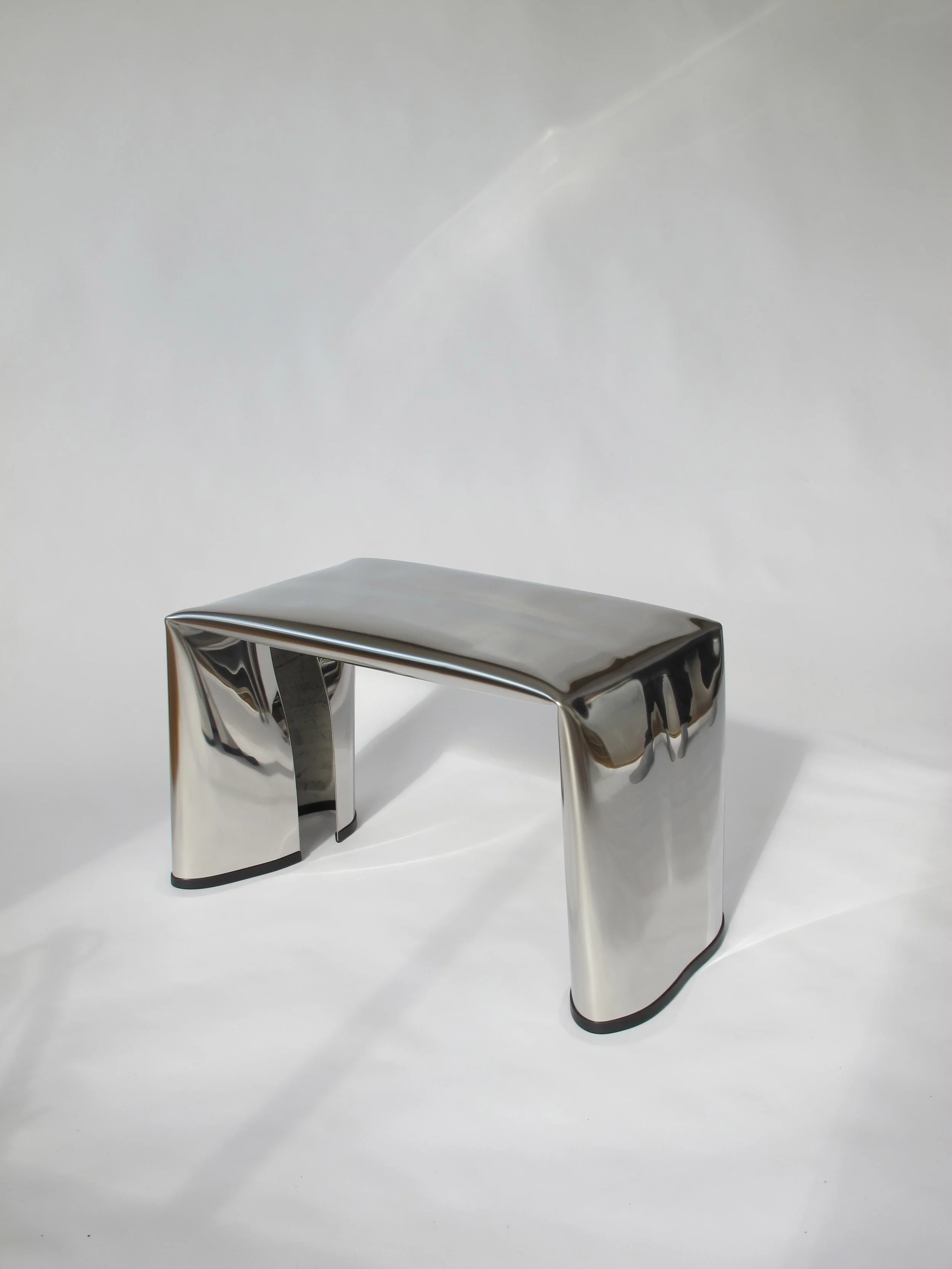 Image 1 of 12
Image 1 of 12

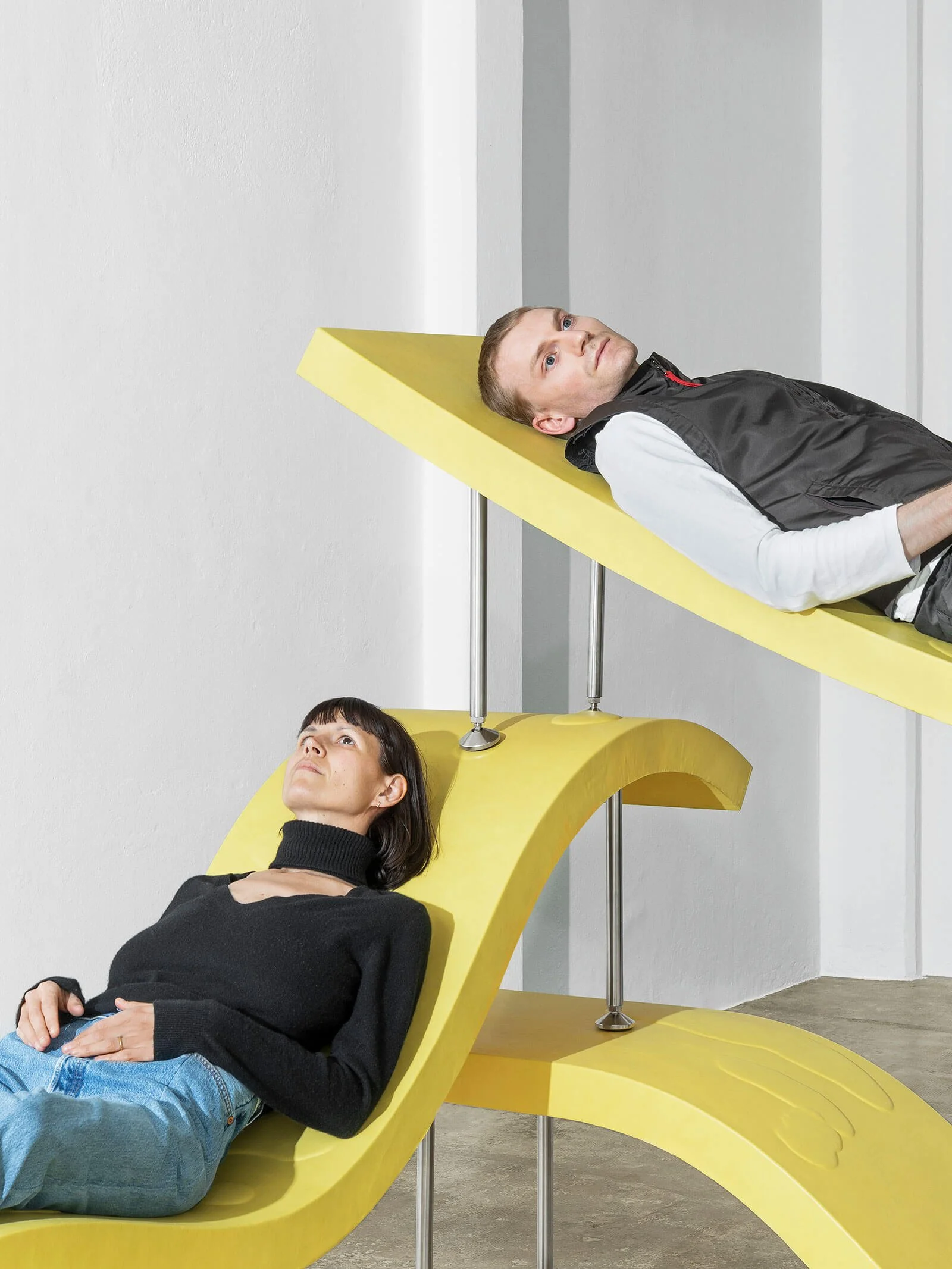 Image 2 of 12
Image 2 of 12

 Image 3 of 12
Image 3 of 12

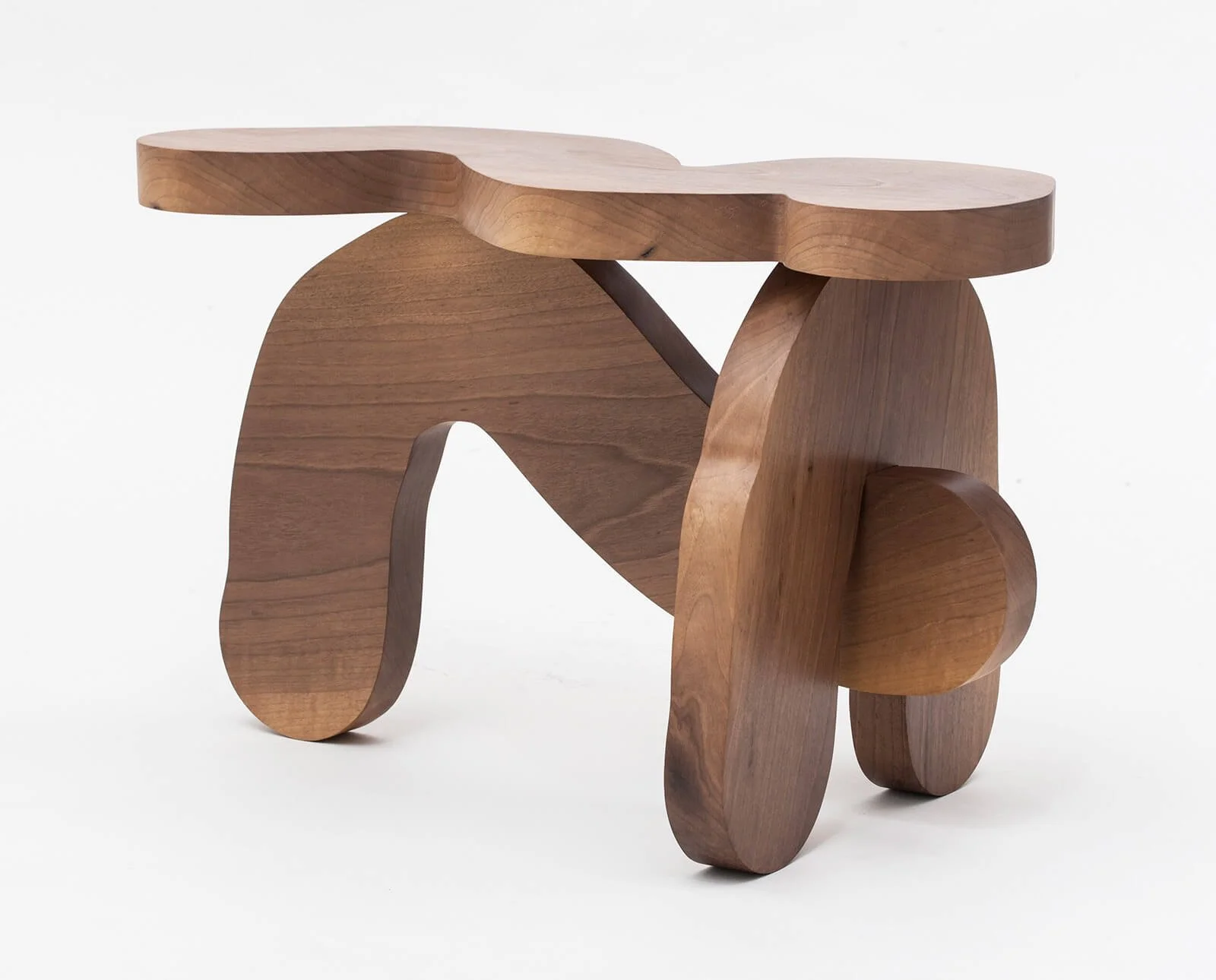 Image 4 of 12
Image 4 of 12

 Image 5 of 12
Image 5 of 12

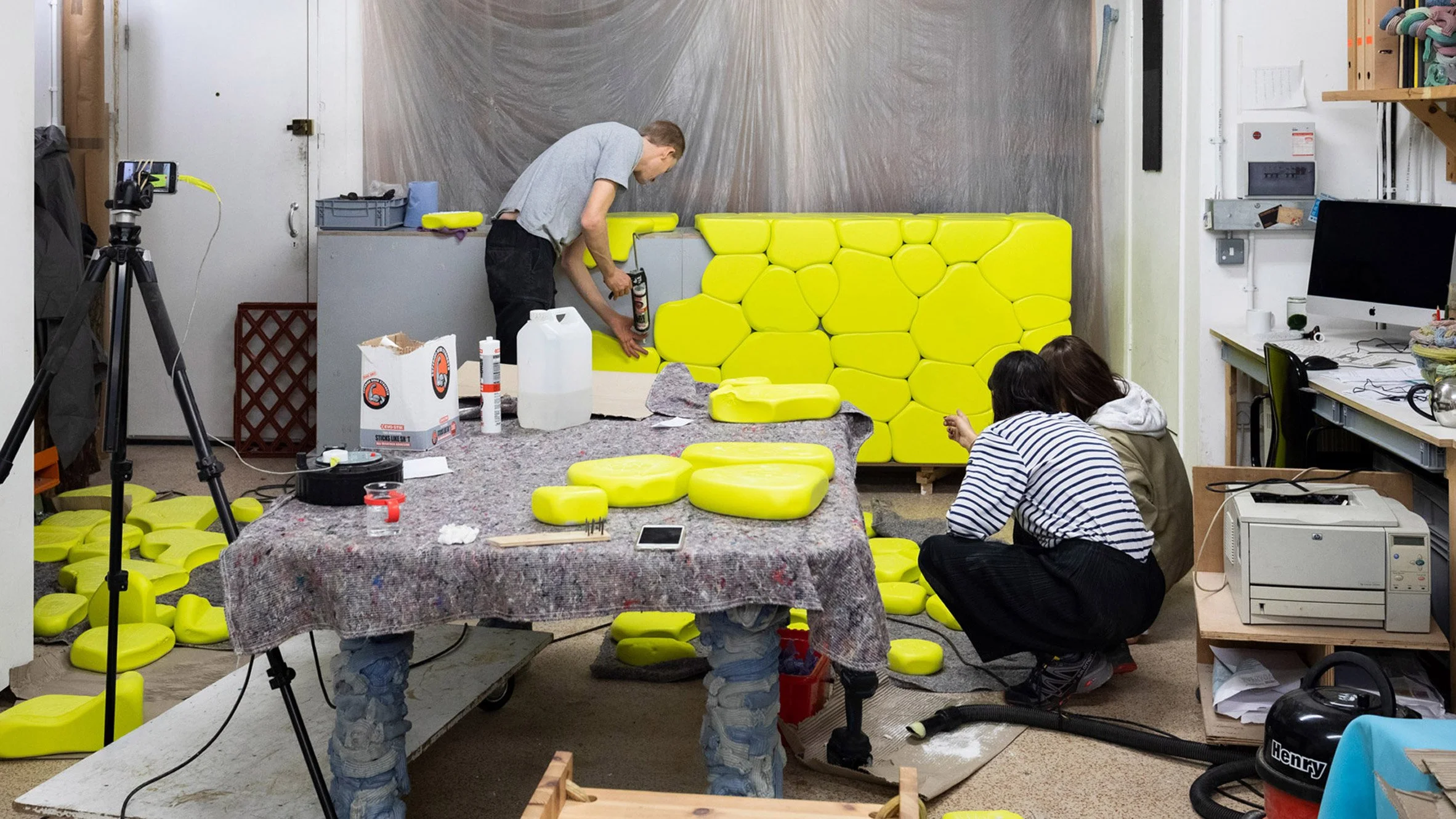 Image 6 of 12
Image 6 of 12

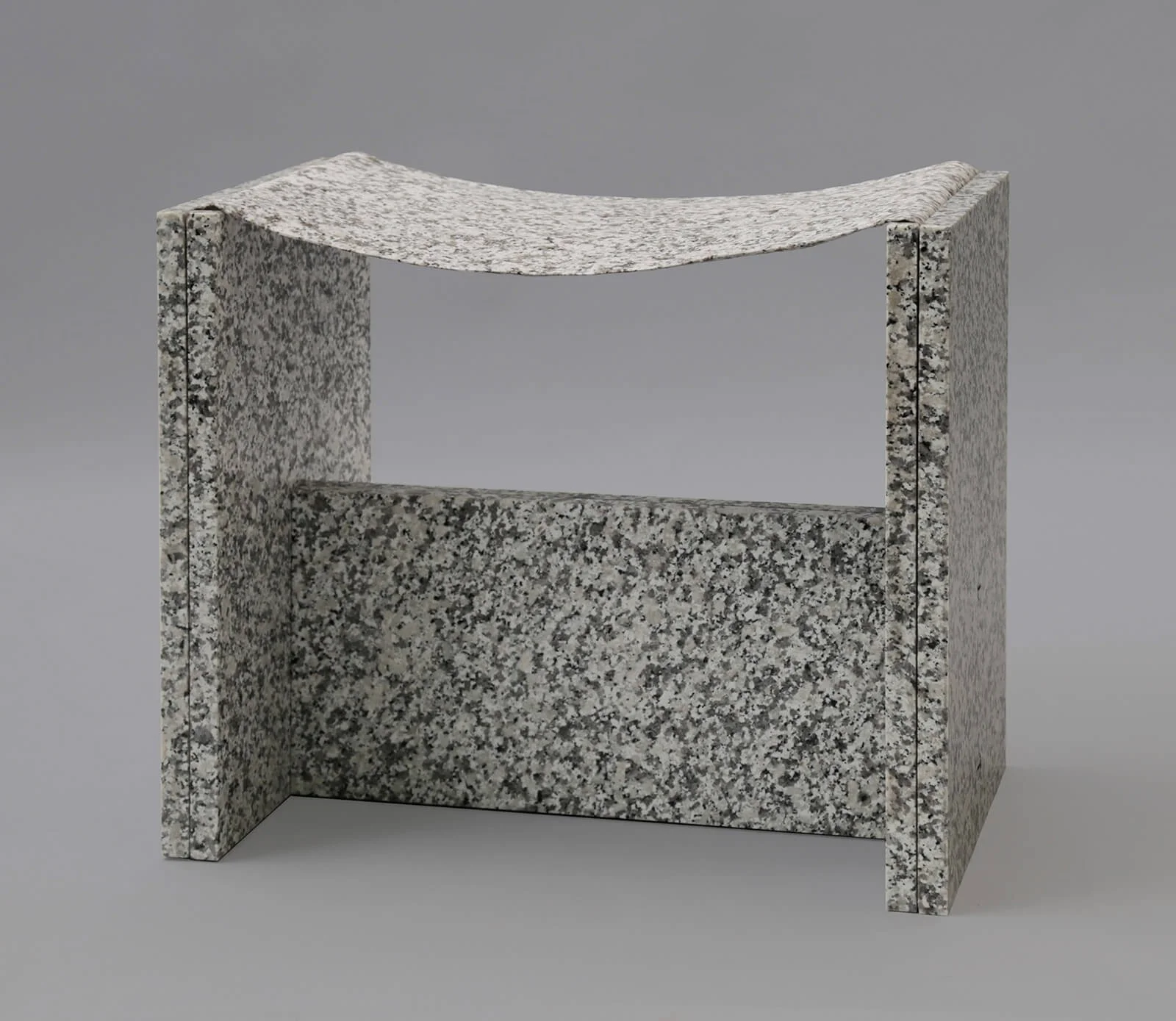 Image 7 of 12
Image 7 of 12

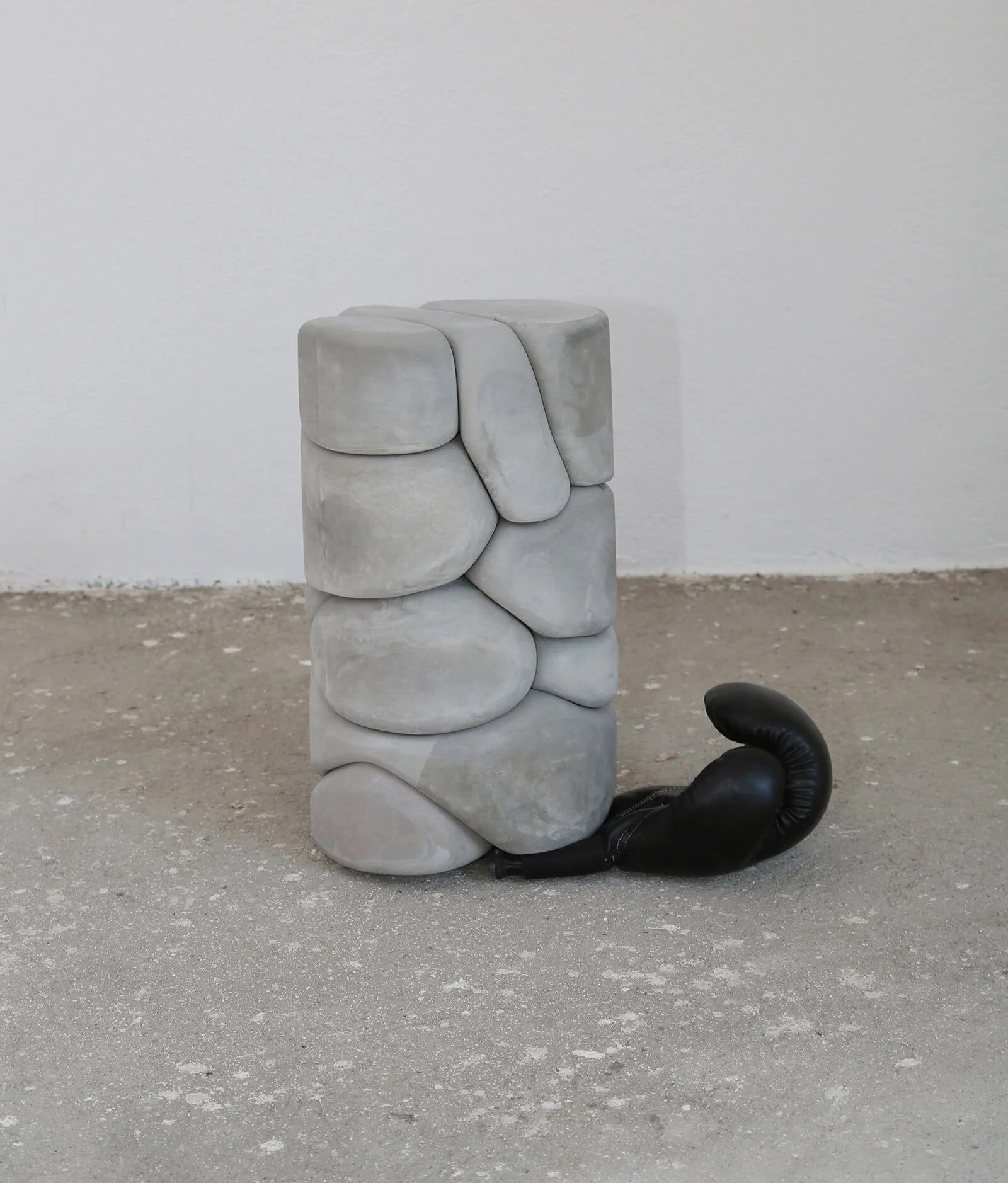 Image 8 of 12
Image 8 of 12

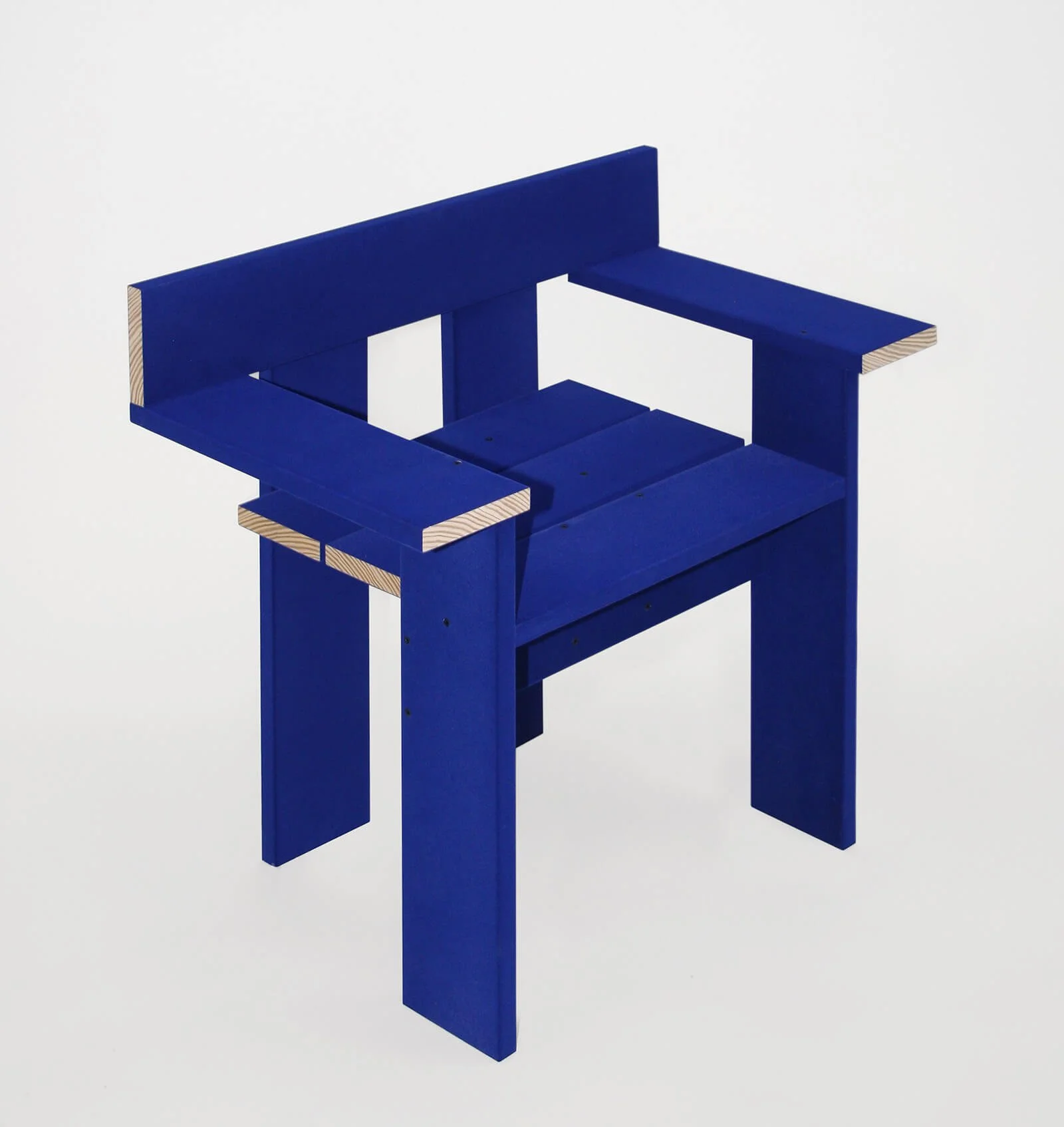 Image 9 of 12
Image 9 of 12

 Image 10 of 12
Image 10 of 12

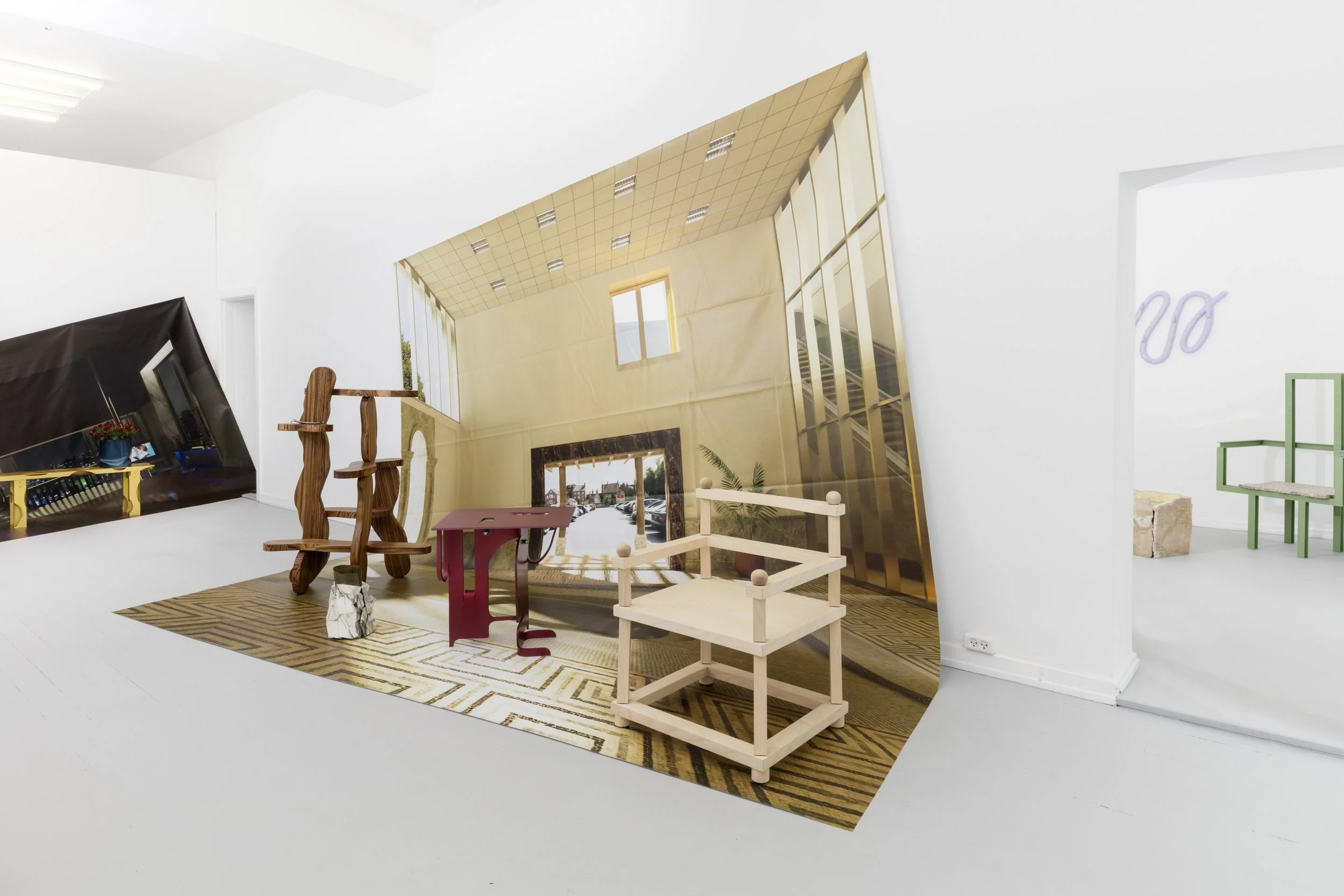 Image 11 of 12
Image 11 of 12

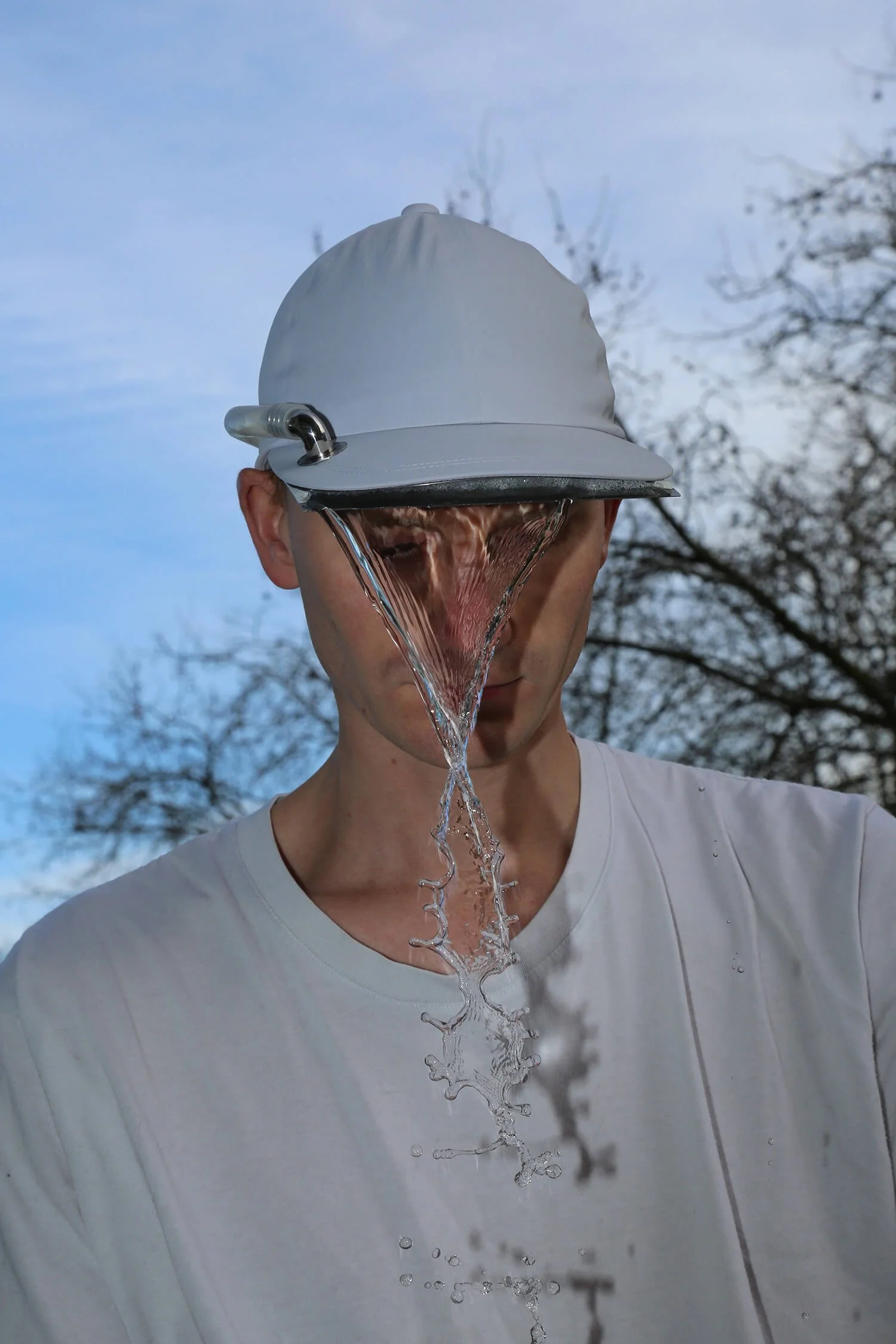 Image 12 of 12
Image 12 of 12













Soft Baroque is mixing digital & physical channels
Soft Baroque is a London-based design studio founded in 2013 by British designer Nicholas Gardner and Slovenian designer Saša Štucin. The studio operates at the intersection of functional object design and conceptual art, creating pieces that challenge conventional notions of utility and aesthetics. Their work often blurs the boundaries between digital and physical realms, incorporating elements of absurdity and playfulness. Soft Baroque's founding mission was to explore the duality between traditional craftsmanship and modern technology, aiming to create objects that are both functional and thought-provoking. Their core values include innovation, sustainability, and a commitment to pushing the boundaries of design.
Location
Headquarters: London, United Kingdom.
Primary manufacturing/operations locations: London, with collaborations and exhibitions globally.
Note: Strategic locations for local sourcing and distribution, including partnerships with international galleries and brands.
The Circular Vision
Core circular economy principles: Utilizing waste materials, designing for longevity, and promoting sustainable production methods.
Key innovations: Use of recycled plastics in the 'Plastic Baroque' collection, digital fabrication techniques, and modular designs for easy disassembly.
Prioritization of local sourcing and closed-loop supply chains: Emphasis on using locally sourced materials and collaborating with local manufacturers to reduce environmental impact.
Pioneering Solutions
Flagship products: Lenticularis mirror, Puffy Bricks, and various custom furniture pieces for brands like Balenciaga and HEM.
Unique value propositions: Combining traditional craftsmanship with digital technology, creating multifunctional and visually striking objects, and a strong focus on sustainability.
The Regenerative Future
R&D focus areas: Exploring new sustainable materials, advancing digital fabrication techniques, and integrating circular design principles into all projects.
Ambitious goals: To lead the design industry in sustainable practices, create zero-waste products, and inspire a shift towards more responsible consumption.
Fact Sheet
Commercial Availability: Products available through direct commissions, collaborations with brands, and select retailers.
Environmental Product Declaration (EPD): Information not available.
Circularity Rating: 5/5 (Strong focus on circular economy principles).
Key Certifications: Information not available.
Cost Rating: 4/5 (Premium pricing with a focus on long-term value and sustainability).
Material Passport: Detailed material traceability and use of recycled and sustainable materials.
Designed for Disassembly: Yes, many products are designed for easy disassembly and recycling.
Carbon Performance: Focus on reducing carbon footprint through sustainable materials and local production.
Key Takeaway
Soft Baroque is a pioneering design studio that seamlessly blends art and functionality, creating innovative and sustainable objects that challenge conventional design norms and promote a circular economy.
Explore Further
Soft Baroque website: https://www.softbaroque.com
Sustainability overview: https://www.softbaroque.com/about
Soft Baroque is a London-based design studio founded in 2013 by British designer Nicholas Gardner and Slovenian designer Saša Štucin. The studio operates at the intersection of functional object design and conceptual art, creating pieces that challenge conventional notions of utility and aesthetics. Their work often blurs the boundaries between digital and physical realms, incorporating elements of absurdity and playfulness. Soft Baroque's founding mission was to explore the duality between traditional craftsmanship and modern technology, aiming to create objects that are both functional and thought-provoking. Their core values include innovation, sustainability, and a commitment to pushing the boundaries of design.
Location
Headquarters: London, United Kingdom.
Primary manufacturing/operations locations: London, with collaborations and exhibitions globally.
Note: Strategic locations for local sourcing and distribution, including partnerships with international galleries and brands.
The Circular Vision
Core circular economy principles: Utilizing waste materials, designing for longevity, and promoting sustainable production methods.
Key innovations: Use of recycled plastics in the 'Plastic Baroque' collection, digital fabrication techniques, and modular designs for easy disassembly.
Prioritization of local sourcing and closed-loop supply chains: Emphasis on using locally sourced materials and collaborating with local manufacturers to reduce environmental impact.
Pioneering Solutions
Flagship products: Lenticularis mirror, Puffy Bricks, and various custom furniture pieces for brands like Balenciaga and HEM.
Unique value propositions: Combining traditional craftsmanship with digital technology, creating multifunctional and visually striking objects, and a strong focus on sustainability.
The Regenerative Future
R&D focus areas: Exploring new sustainable materials, advancing digital fabrication techniques, and integrating circular design principles into all projects.
Ambitious goals: To lead the design industry in sustainable practices, create zero-waste products, and inspire a shift towards more responsible consumption.
Fact Sheet
Commercial Availability: Products available through direct commissions, collaborations with brands, and select retailers.
Environmental Product Declaration (EPD): Information not available.
Circularity Rating: 5/5 (Strong focus on circular economy principles).
Key Certifications: Information not available.
Cost Rating: 4/5 (Premium pricing with a focus on long-term value and sustainability).
Material Passport: Detailed material traceability and use of recycled and sustainable materials.
Designed for Disassembly: Yes, many products are designed for easy disassembly and recycling.
Carbon Performance: Focus on reducing carbon footprint through sustainable materials and local production.
Key Takeaway
Soft Baroque is a pioneering design studio that seamlessly blends art and functionality, creating innovative and sustainable objects that challenge conventional design norms and promote a circular economy.
Explore Further
Soft Baroque website: https://www.softbaroque.com
Sustainability overview: https://www.softbaroque.com/about
